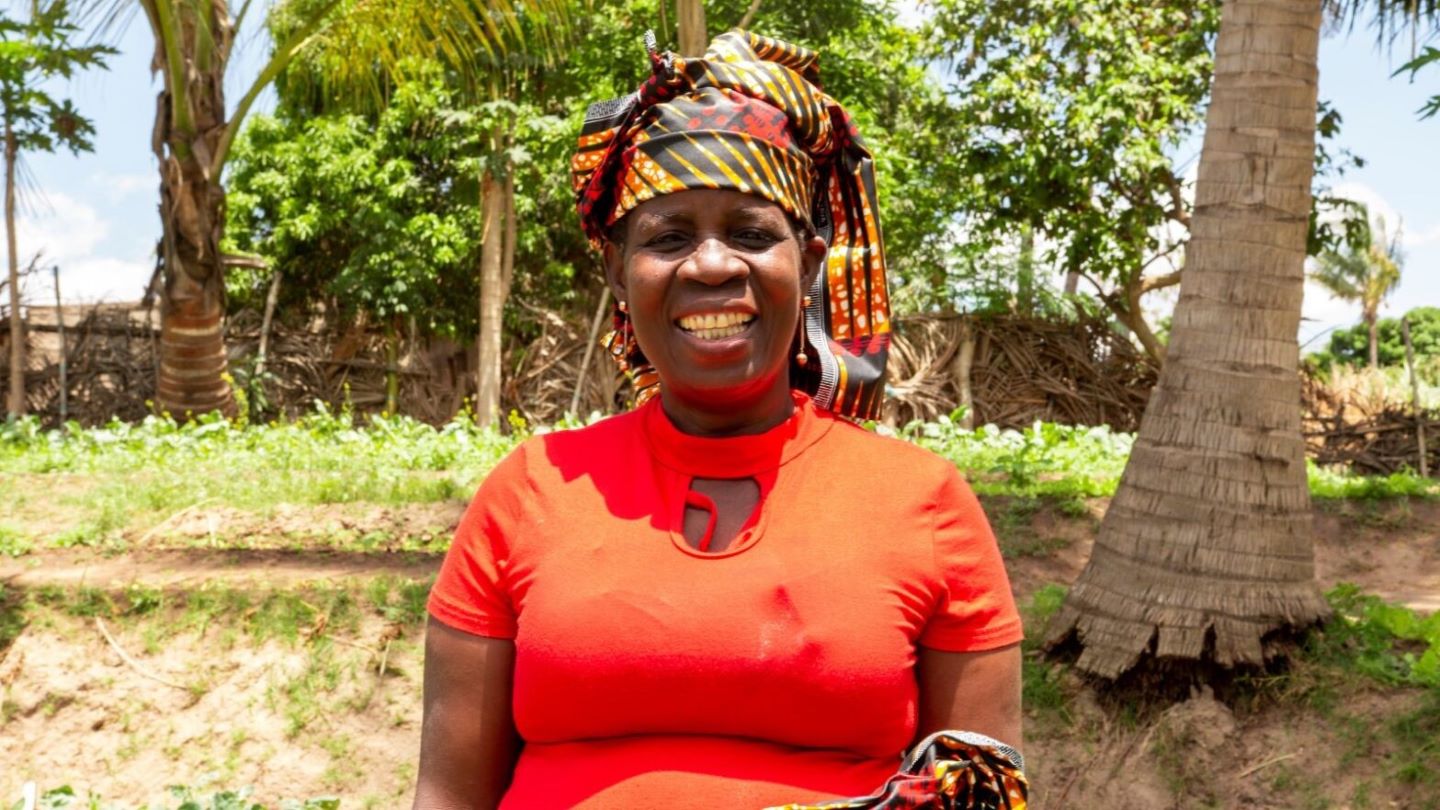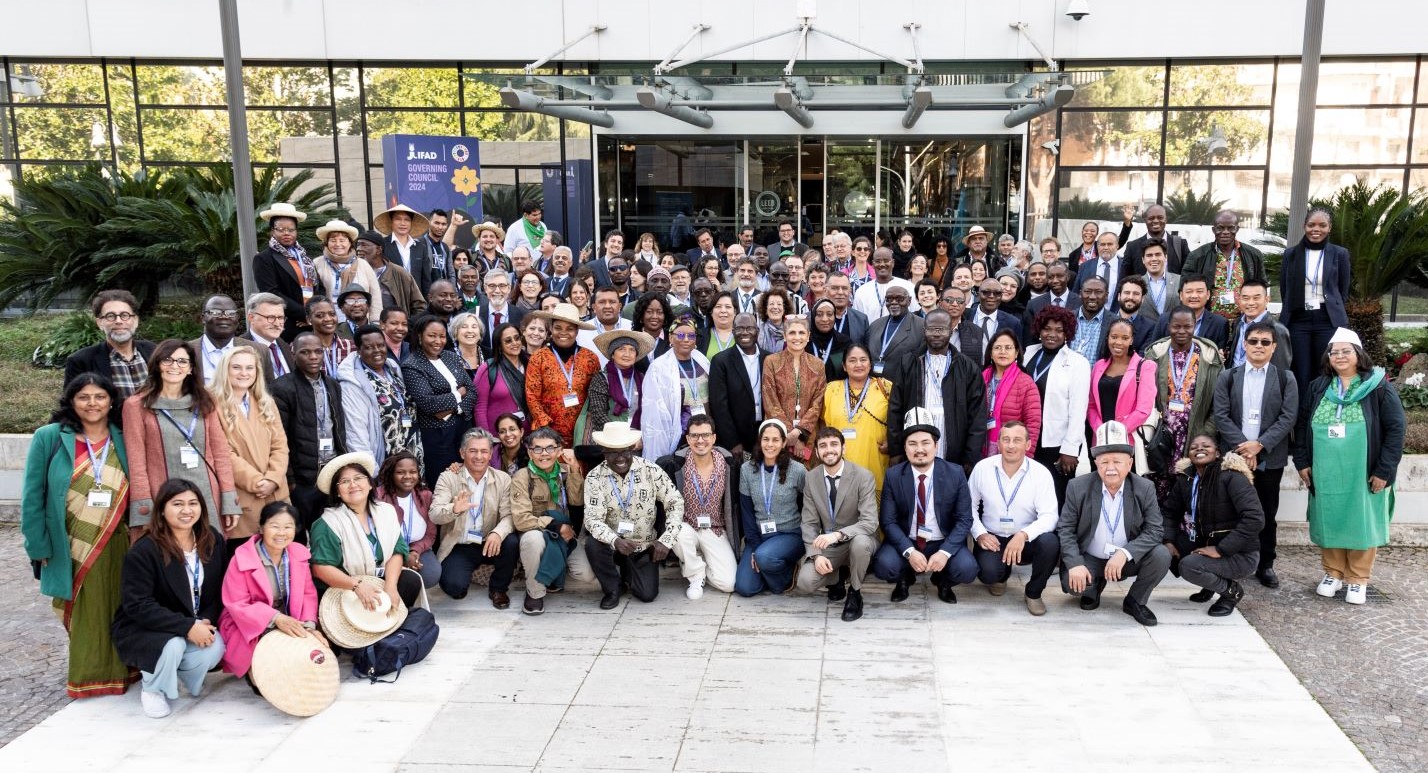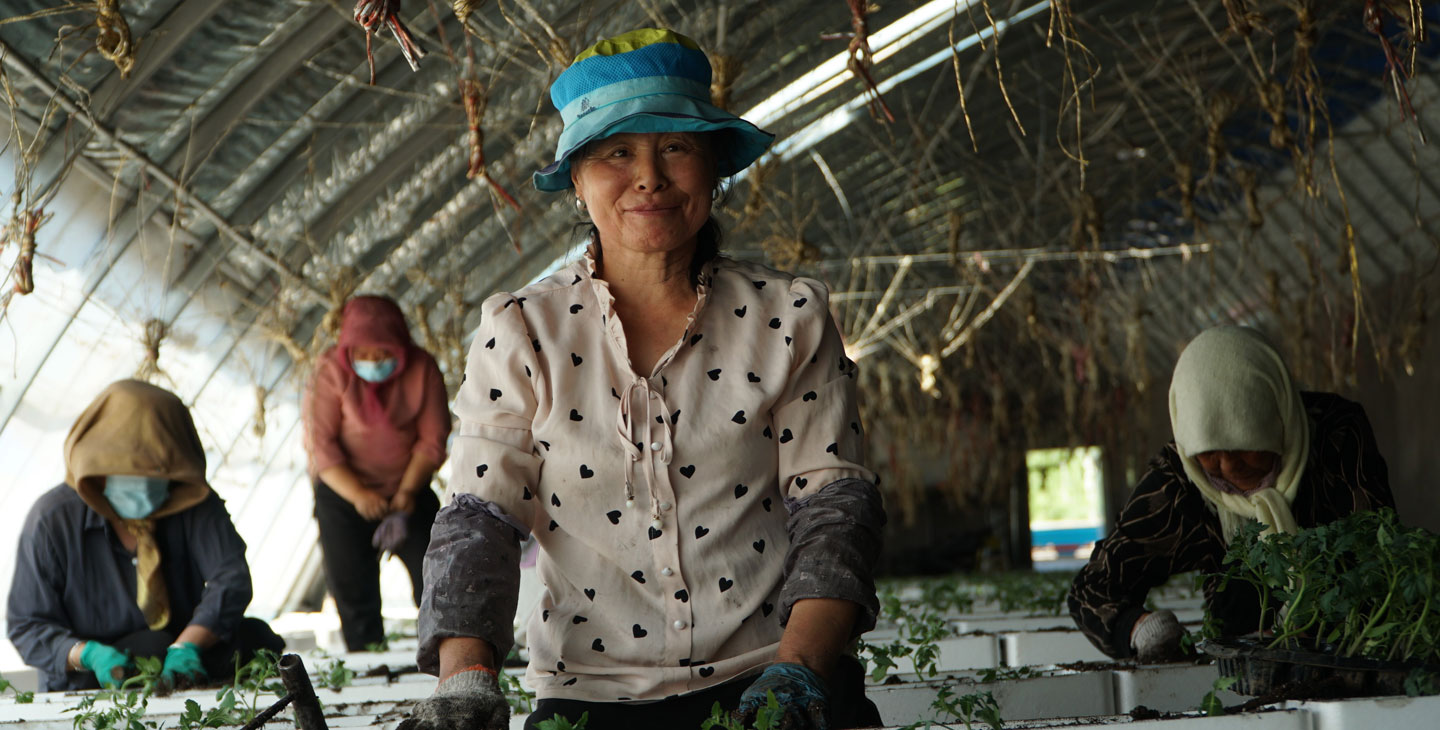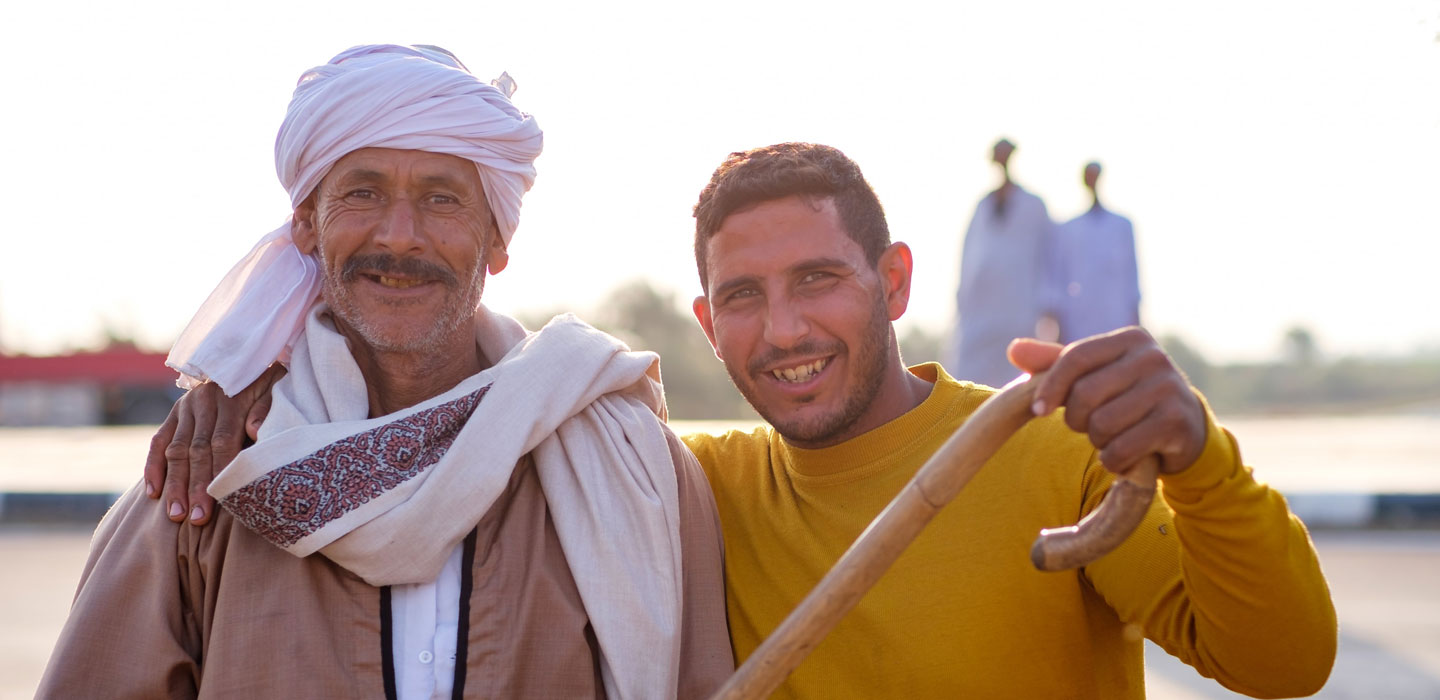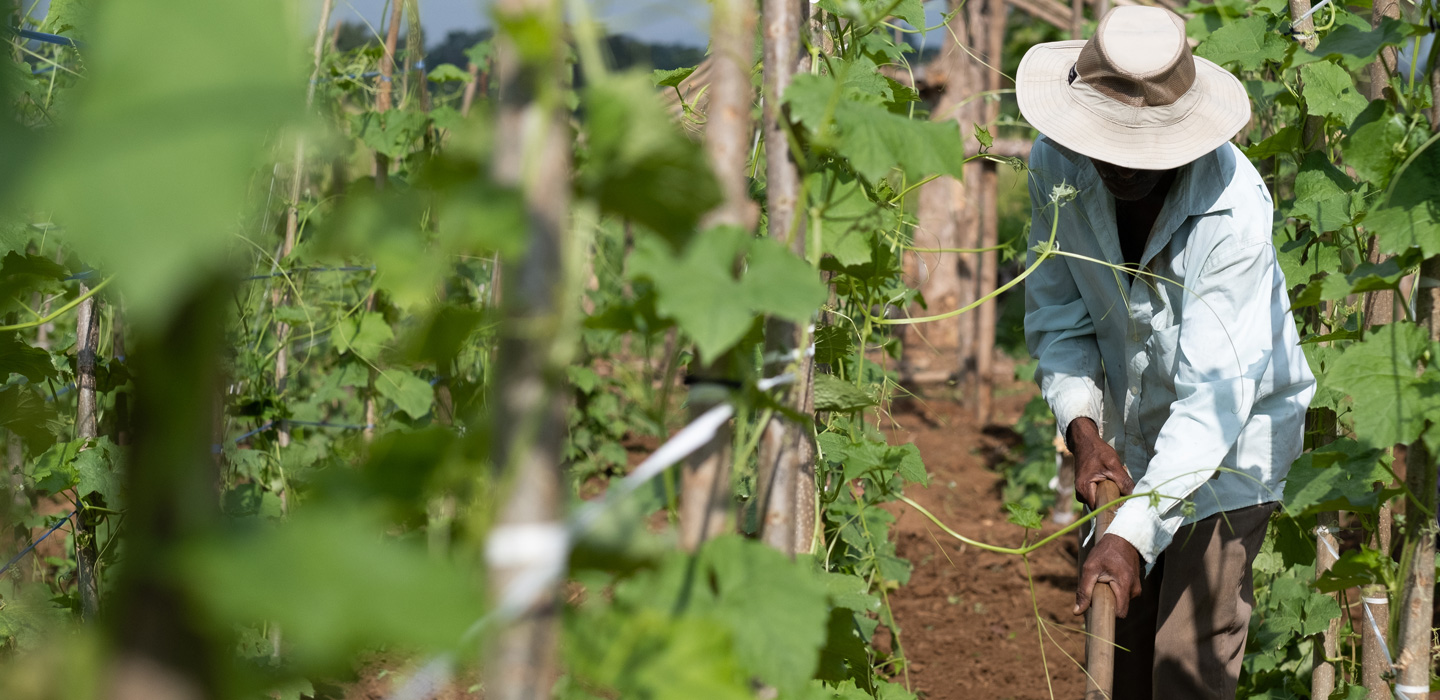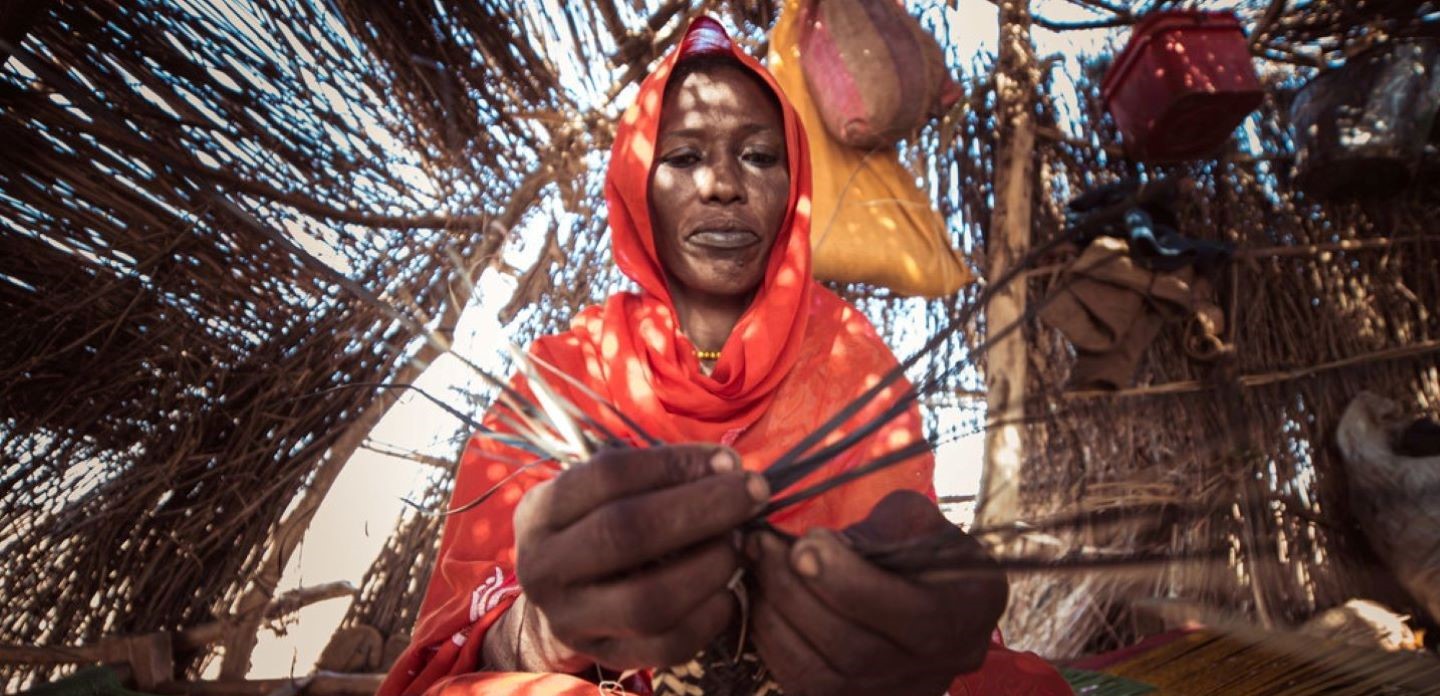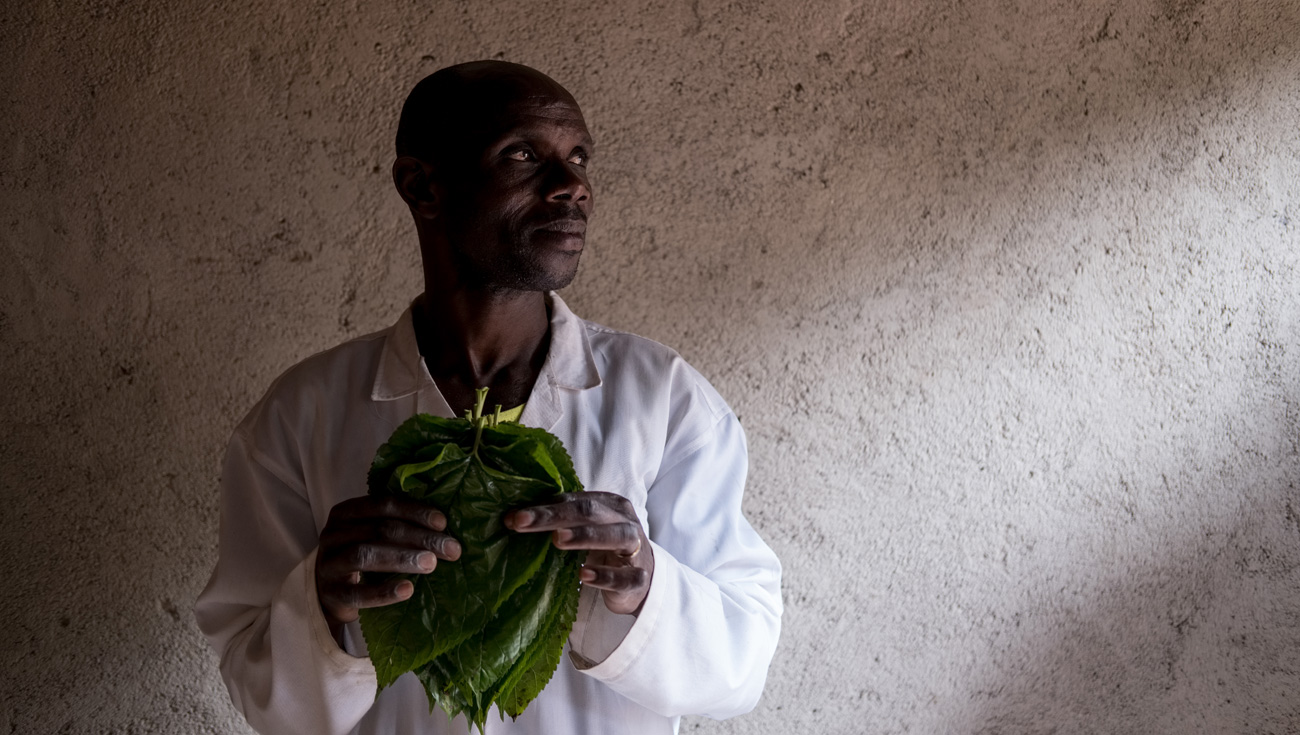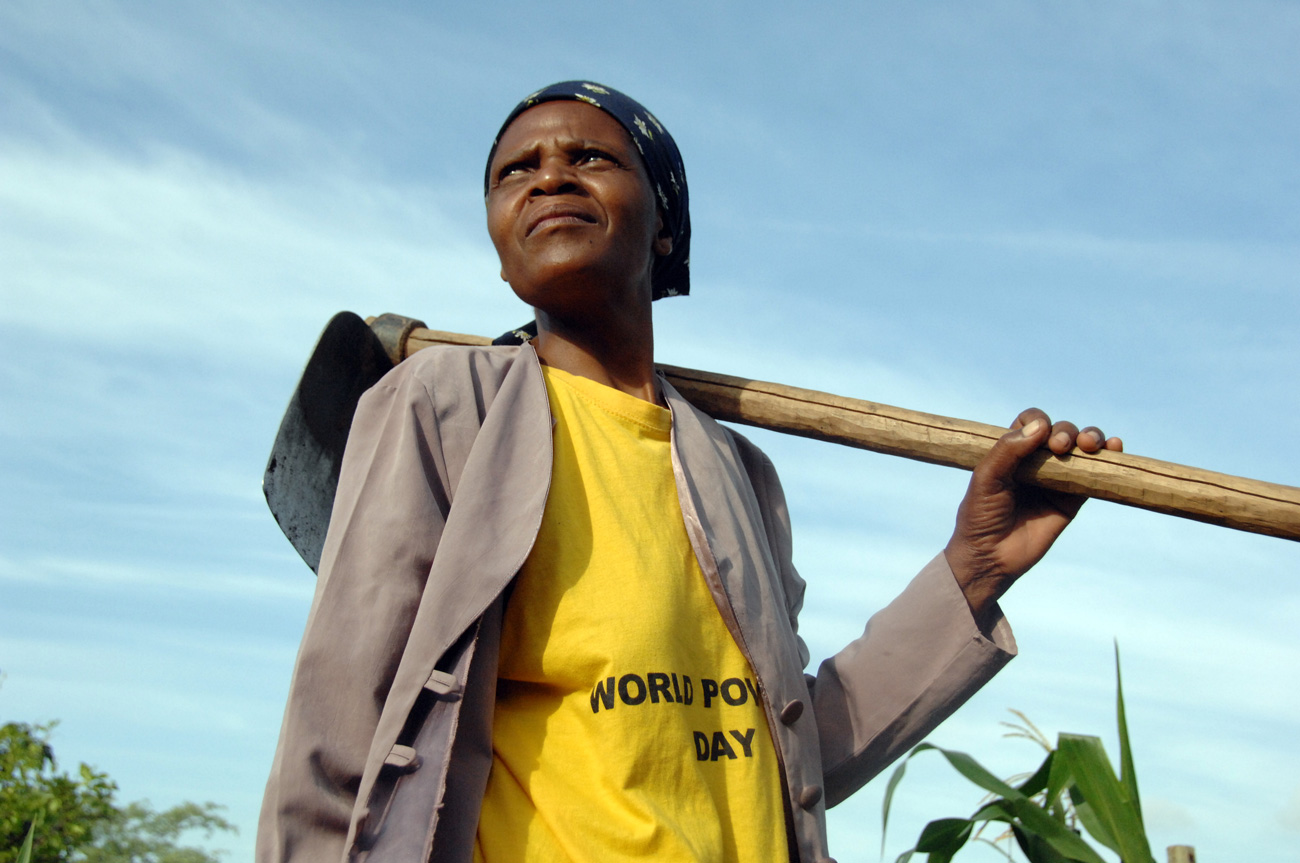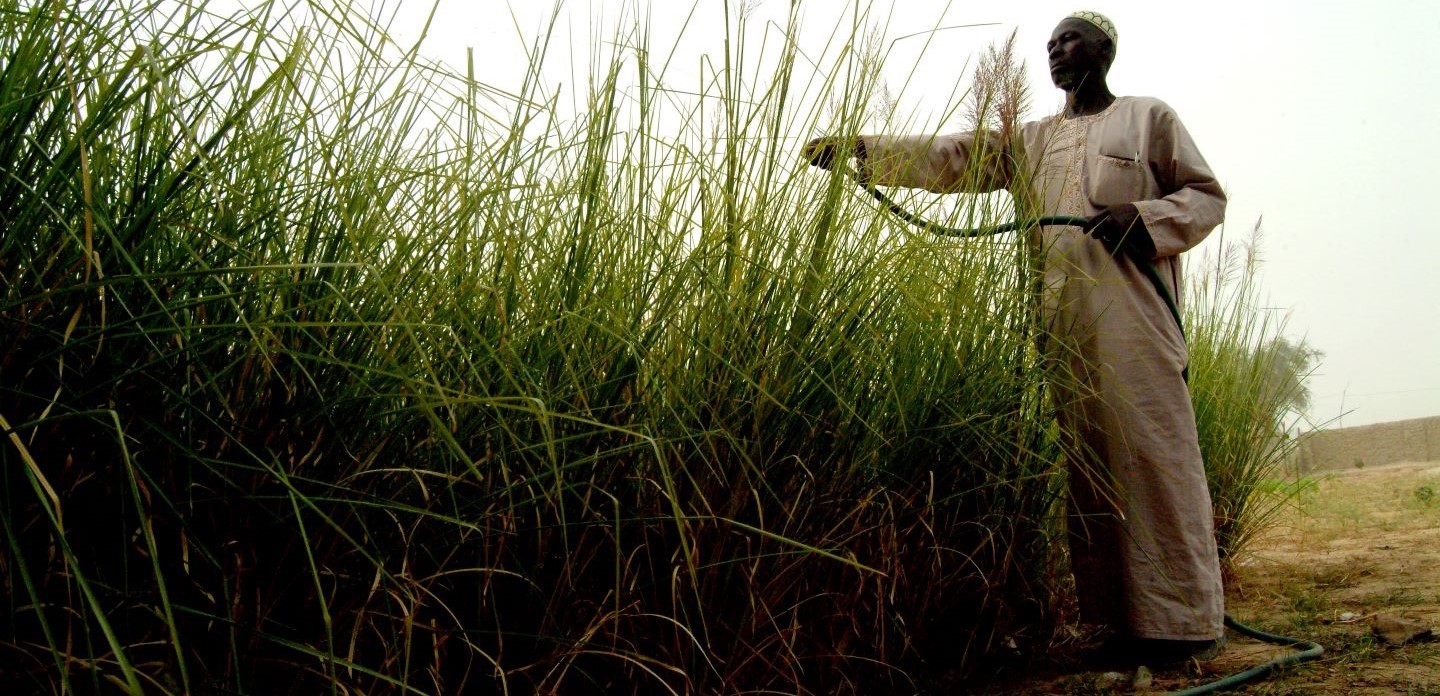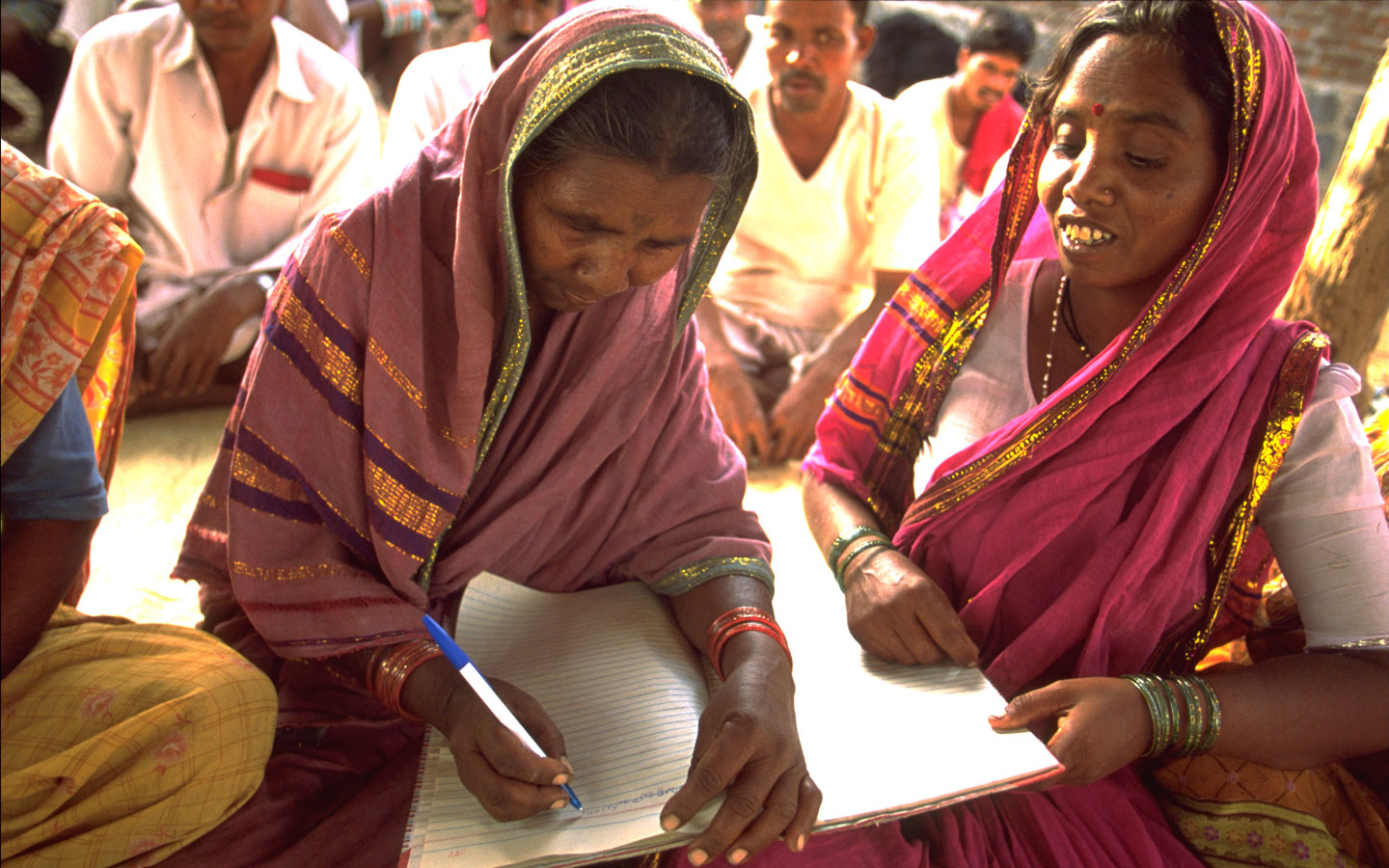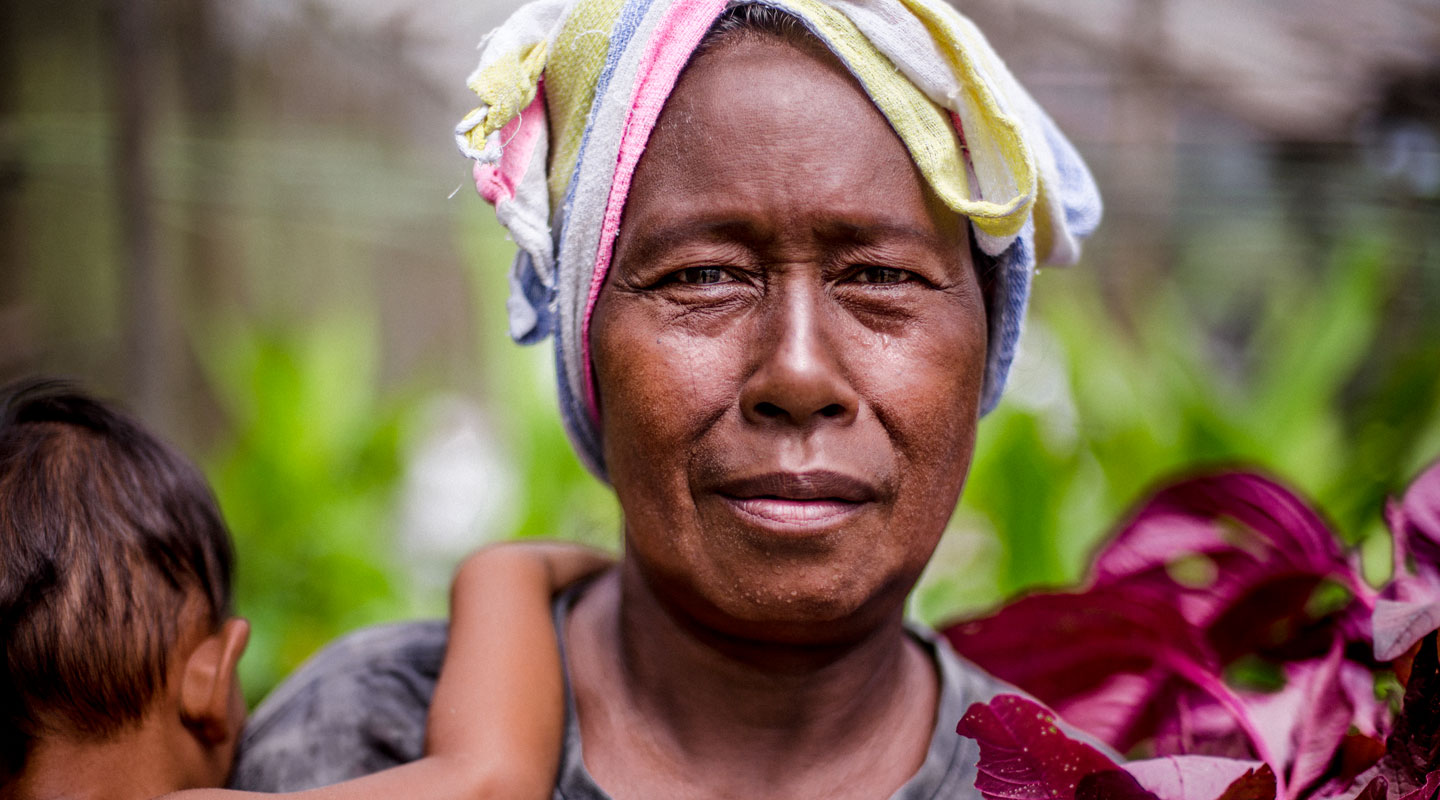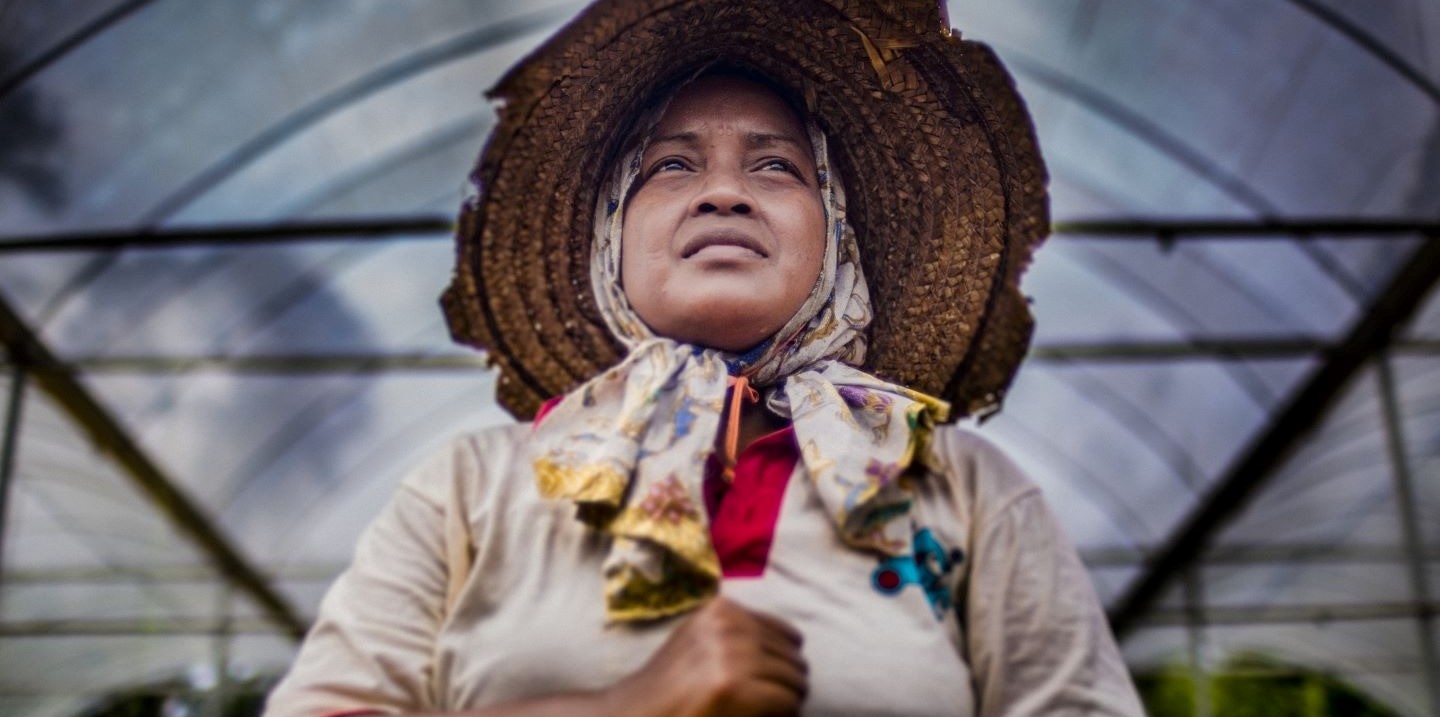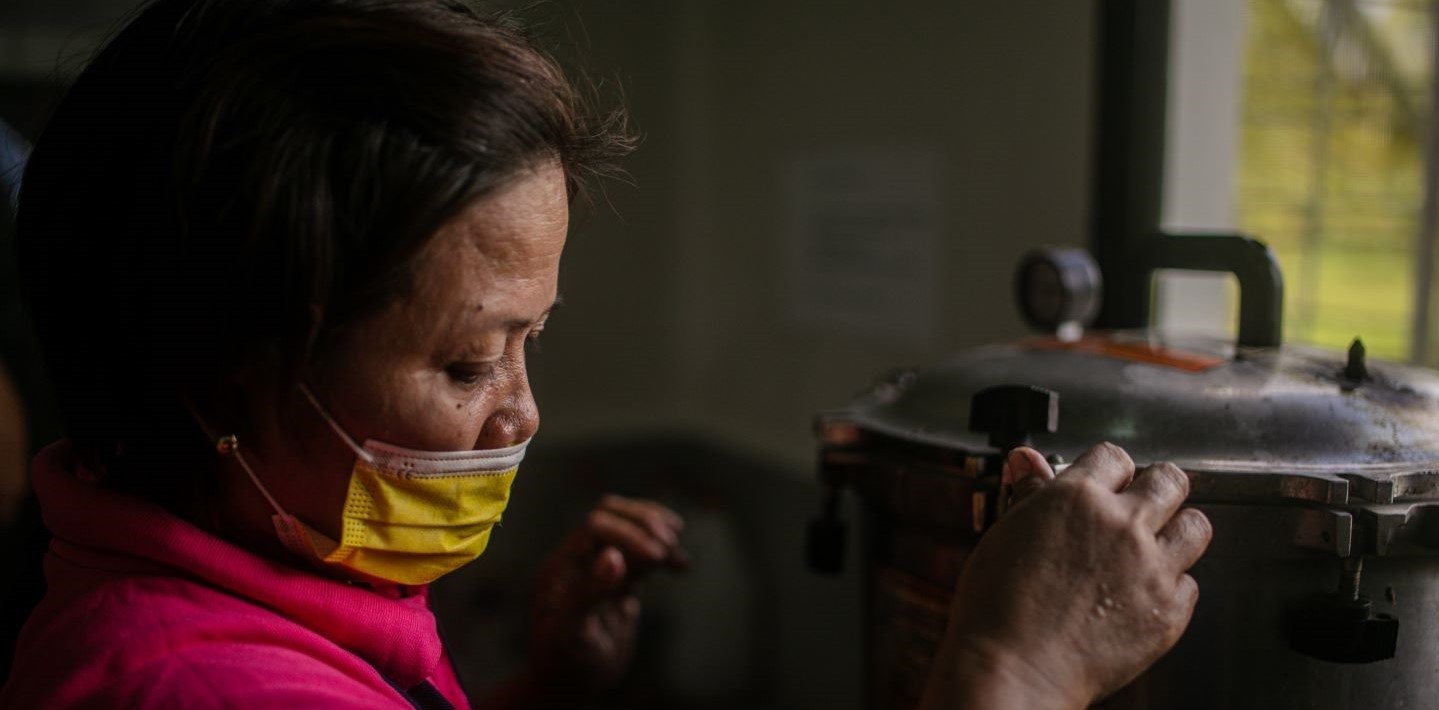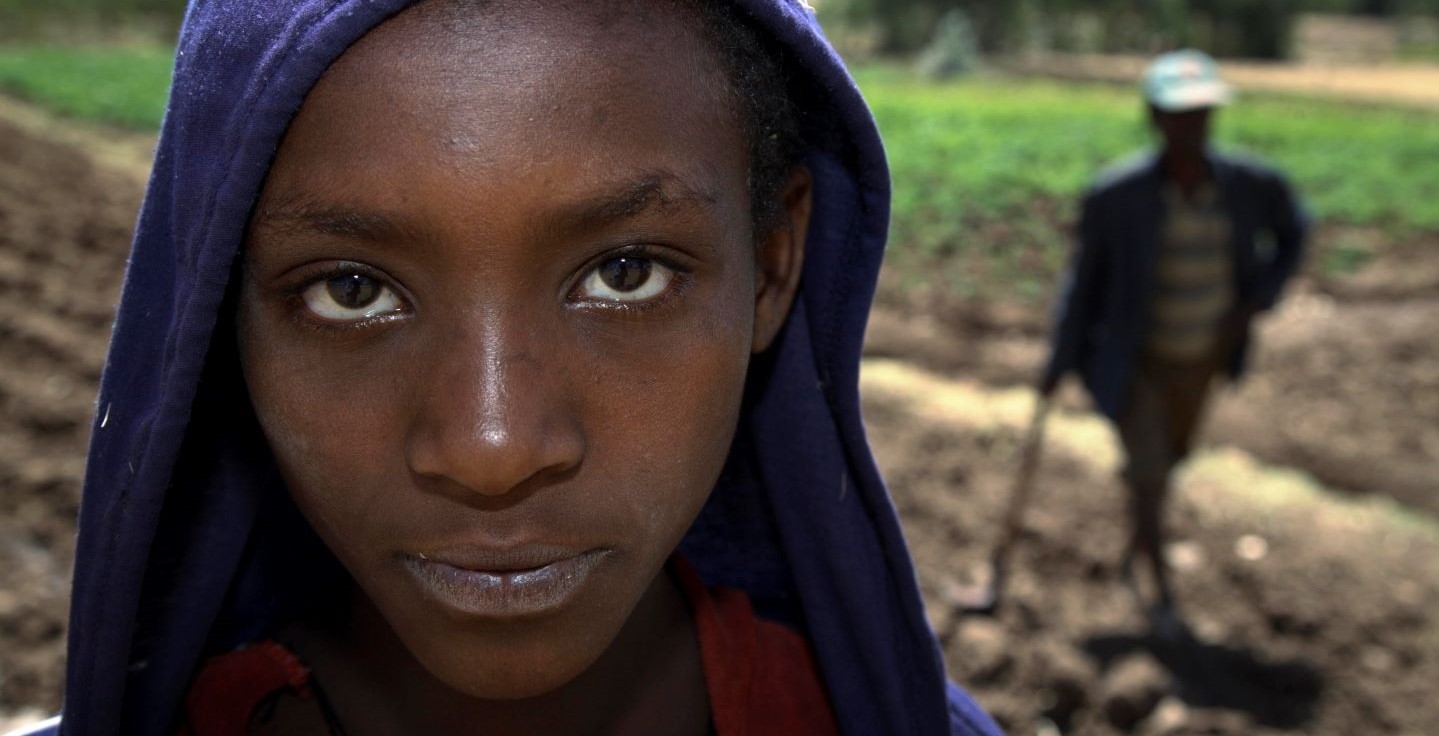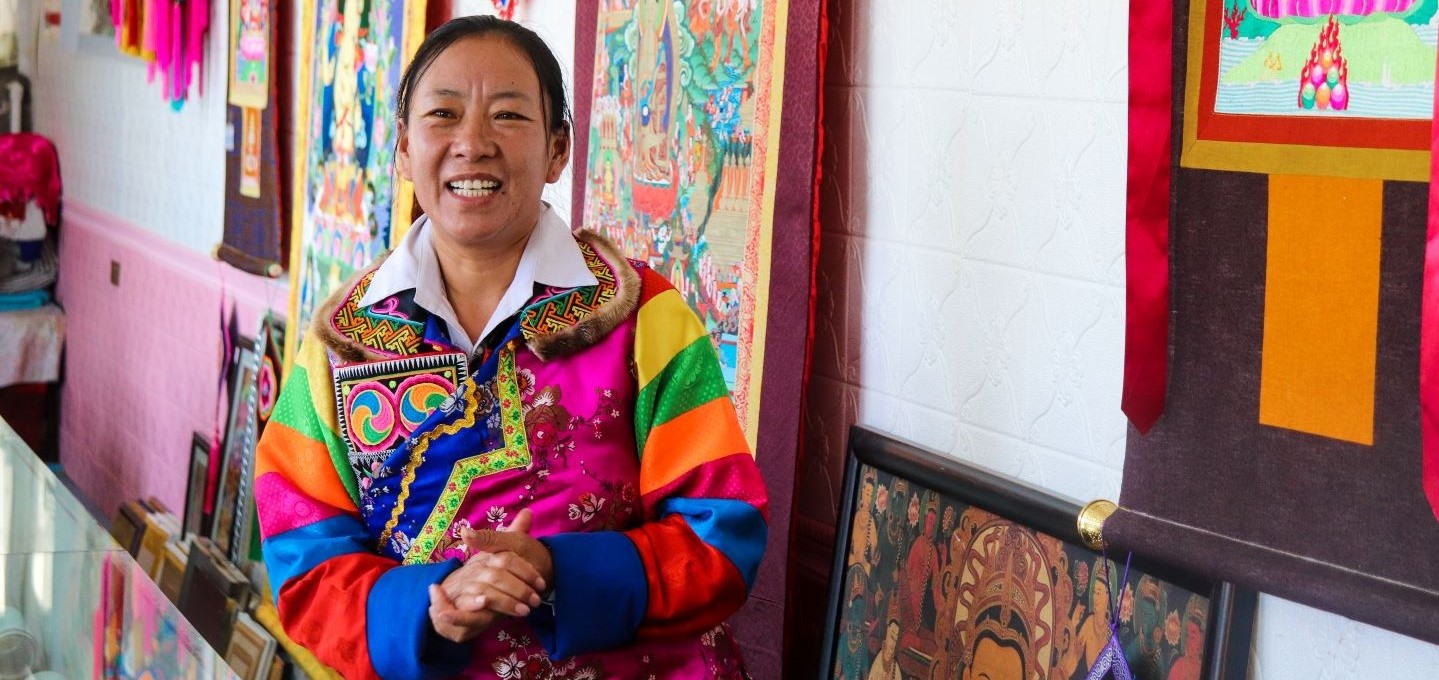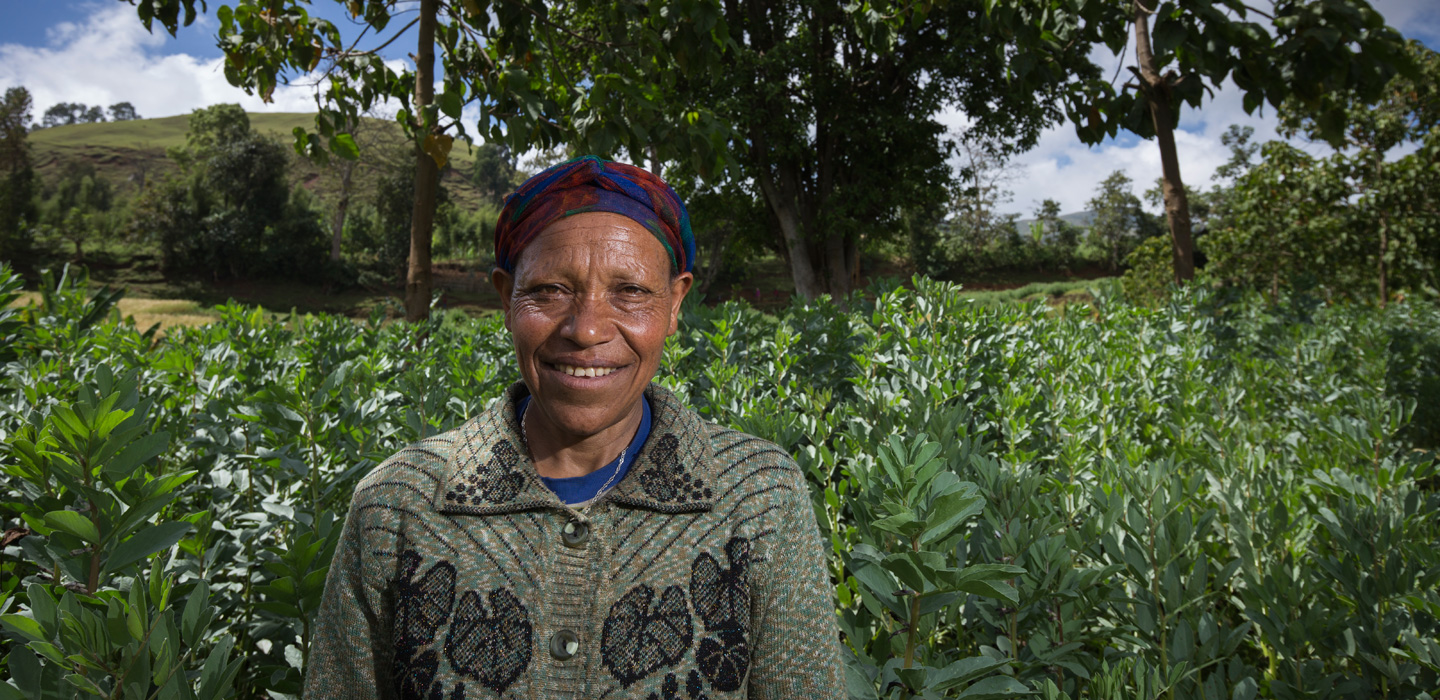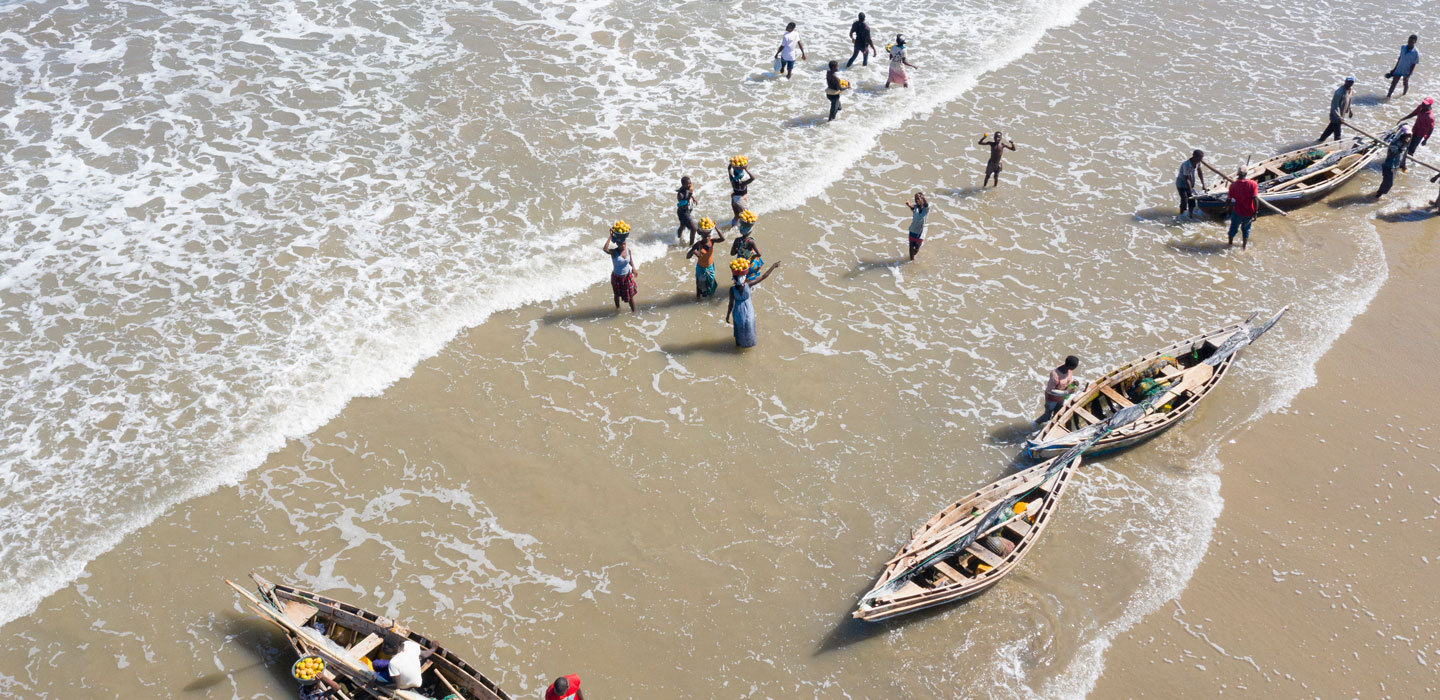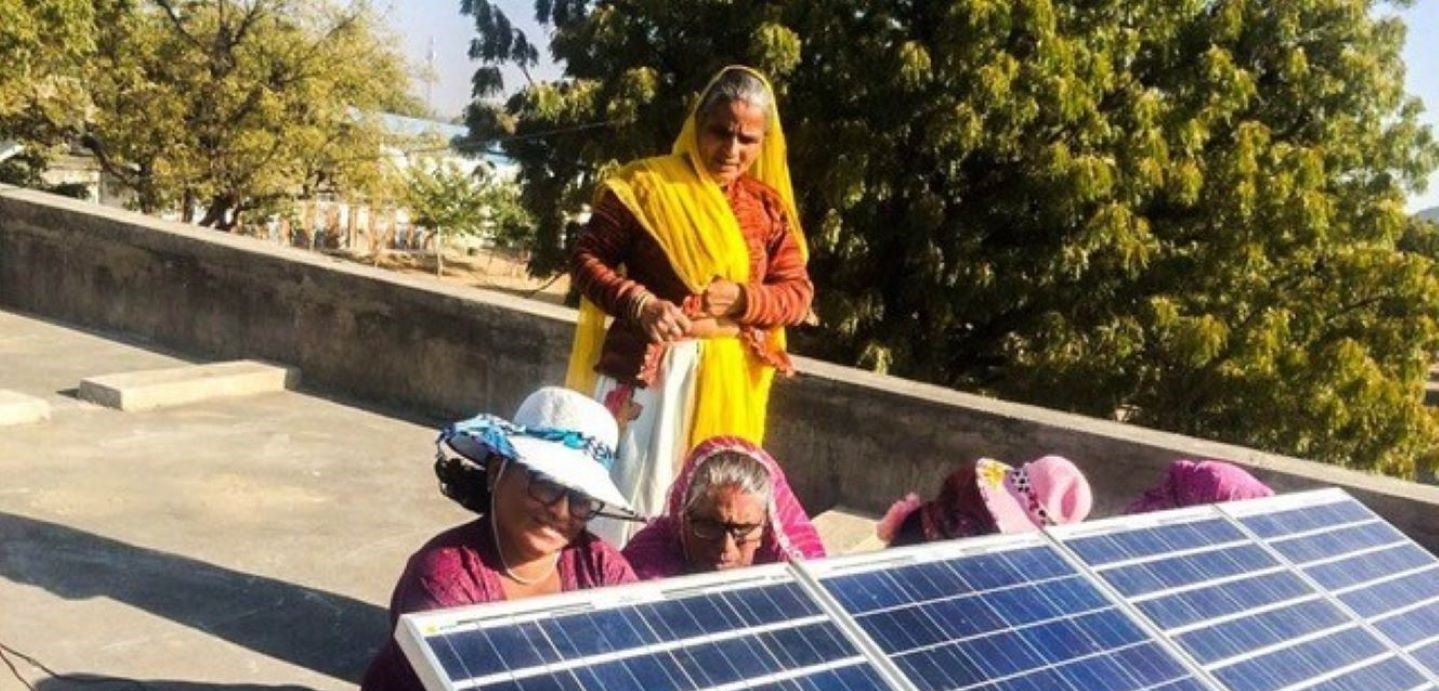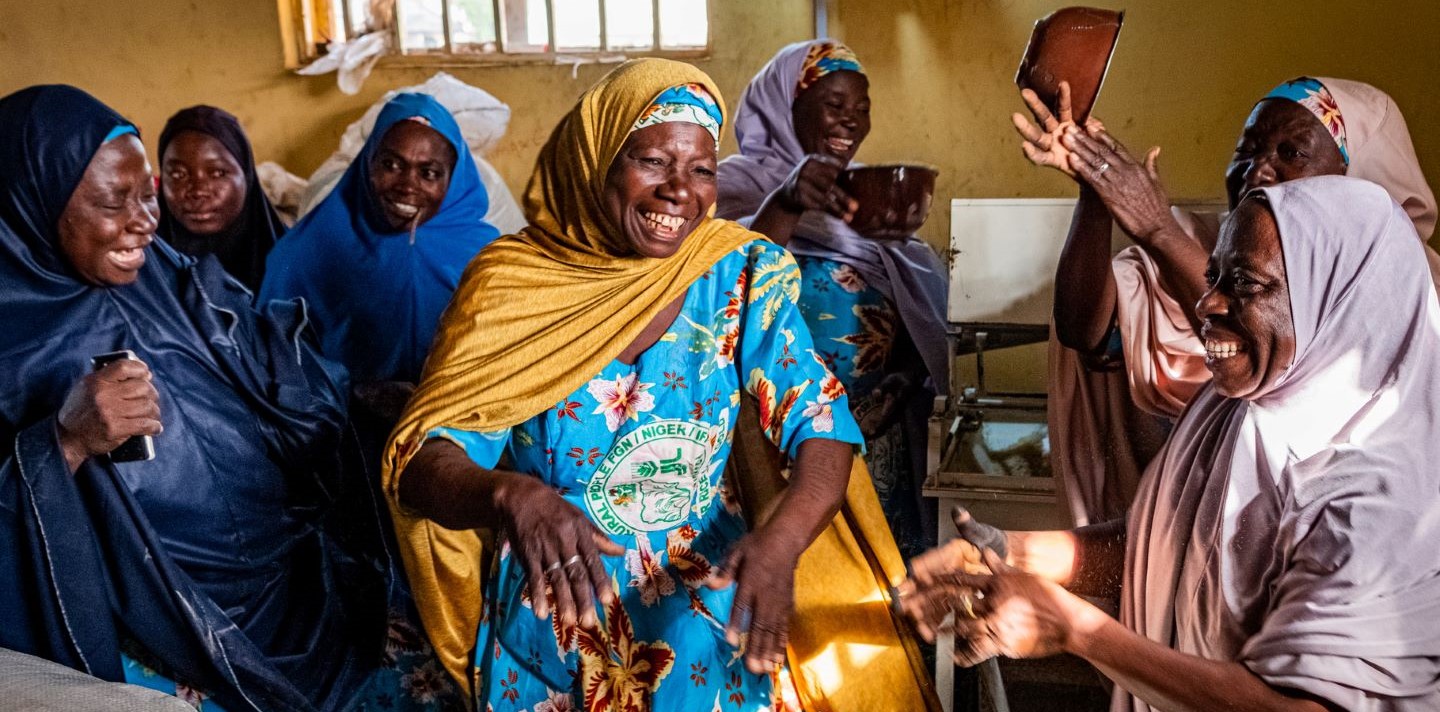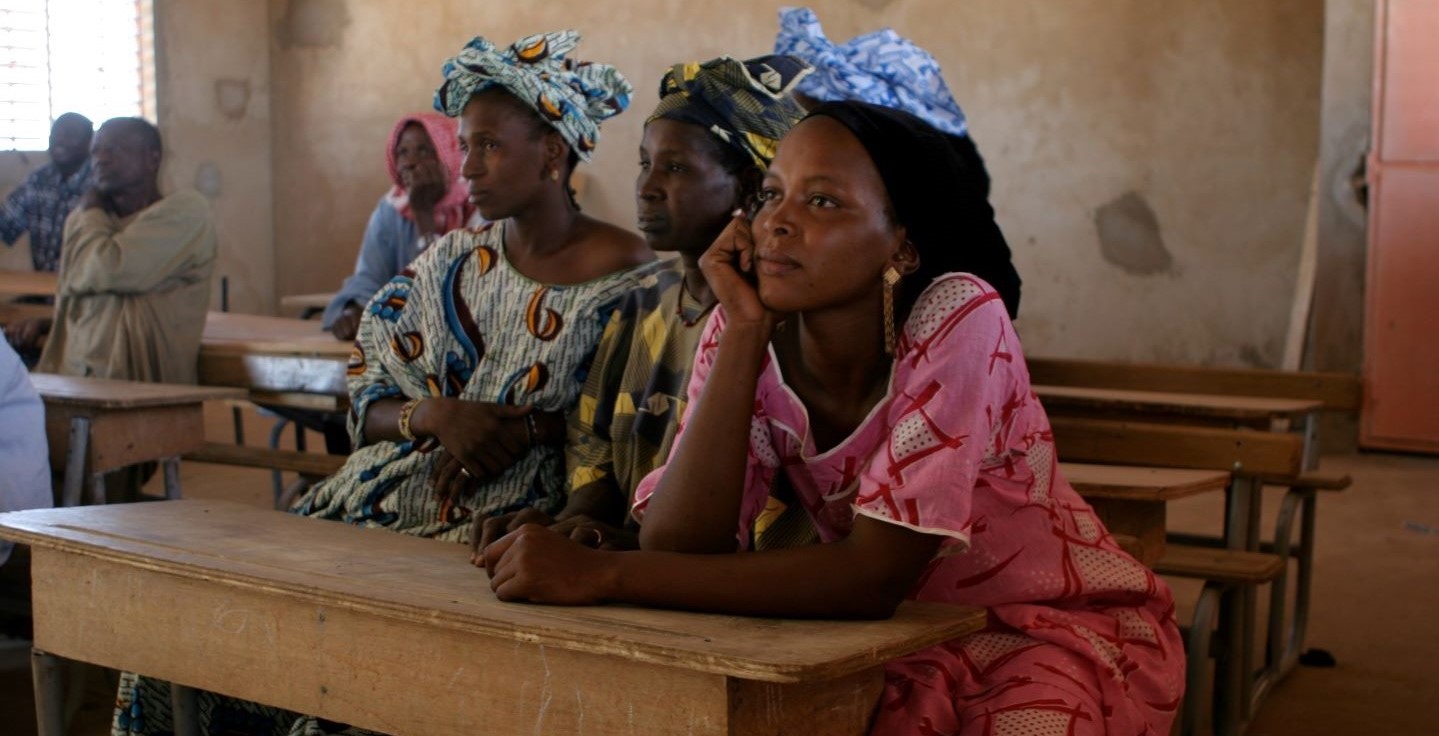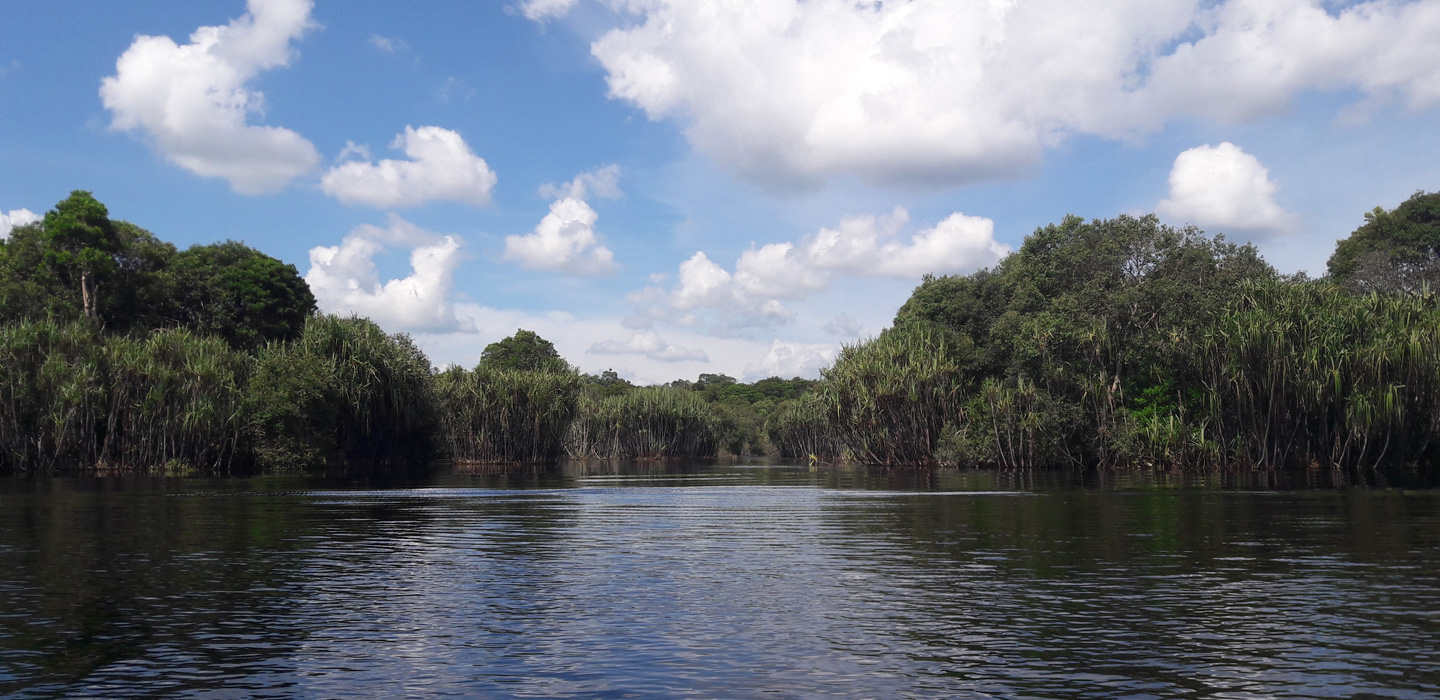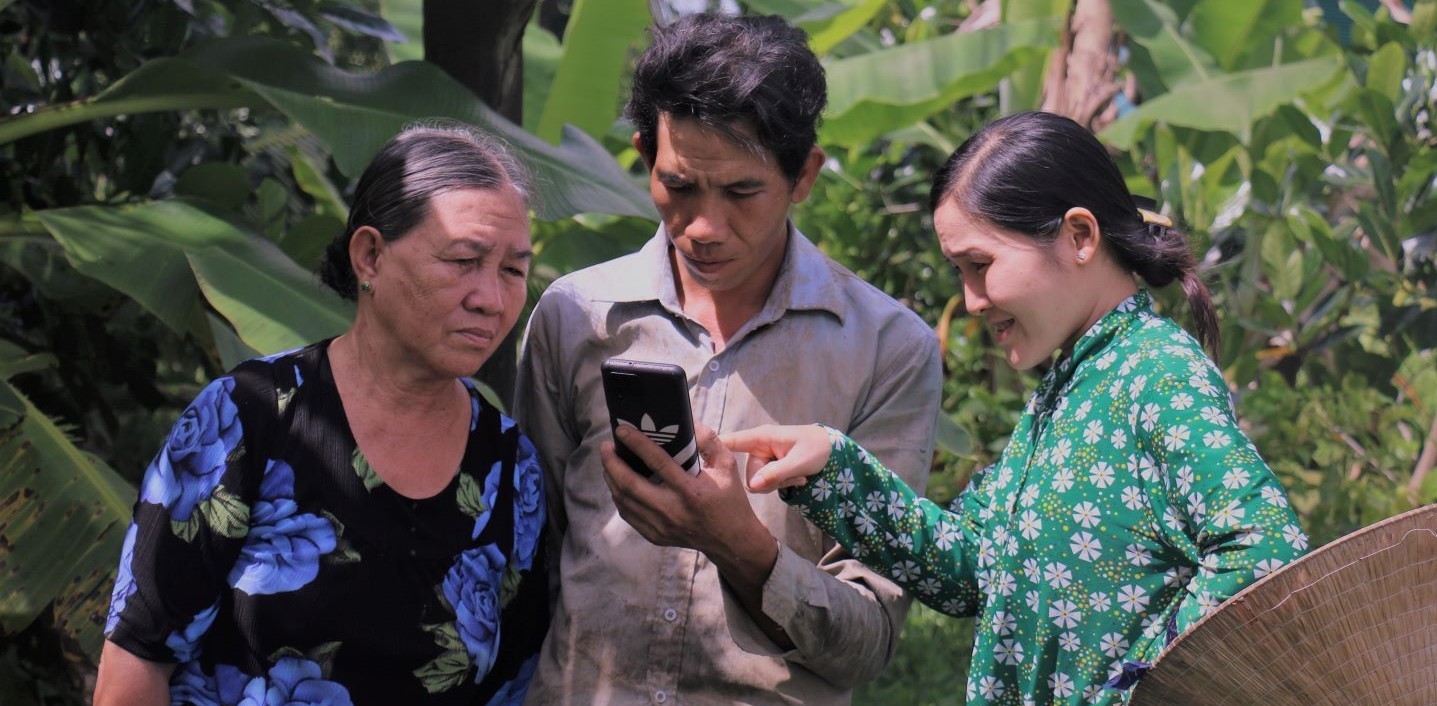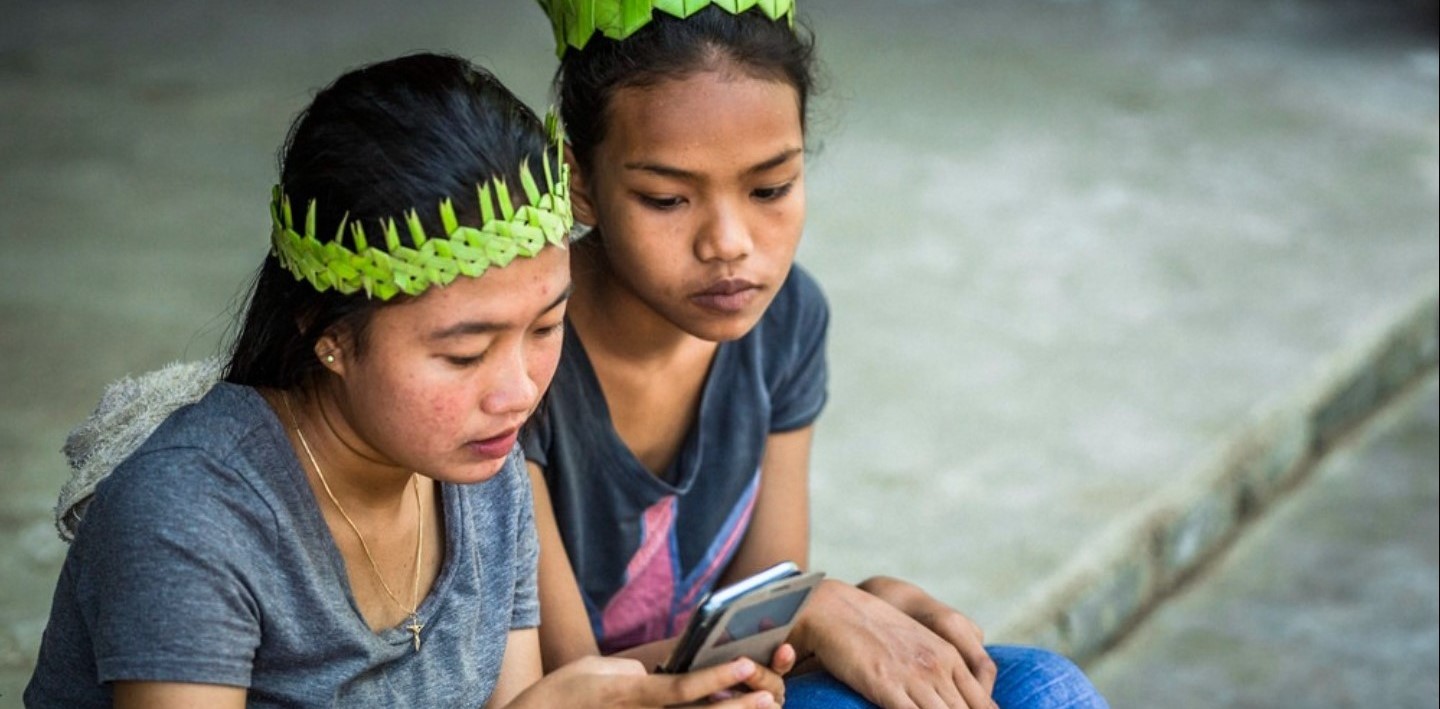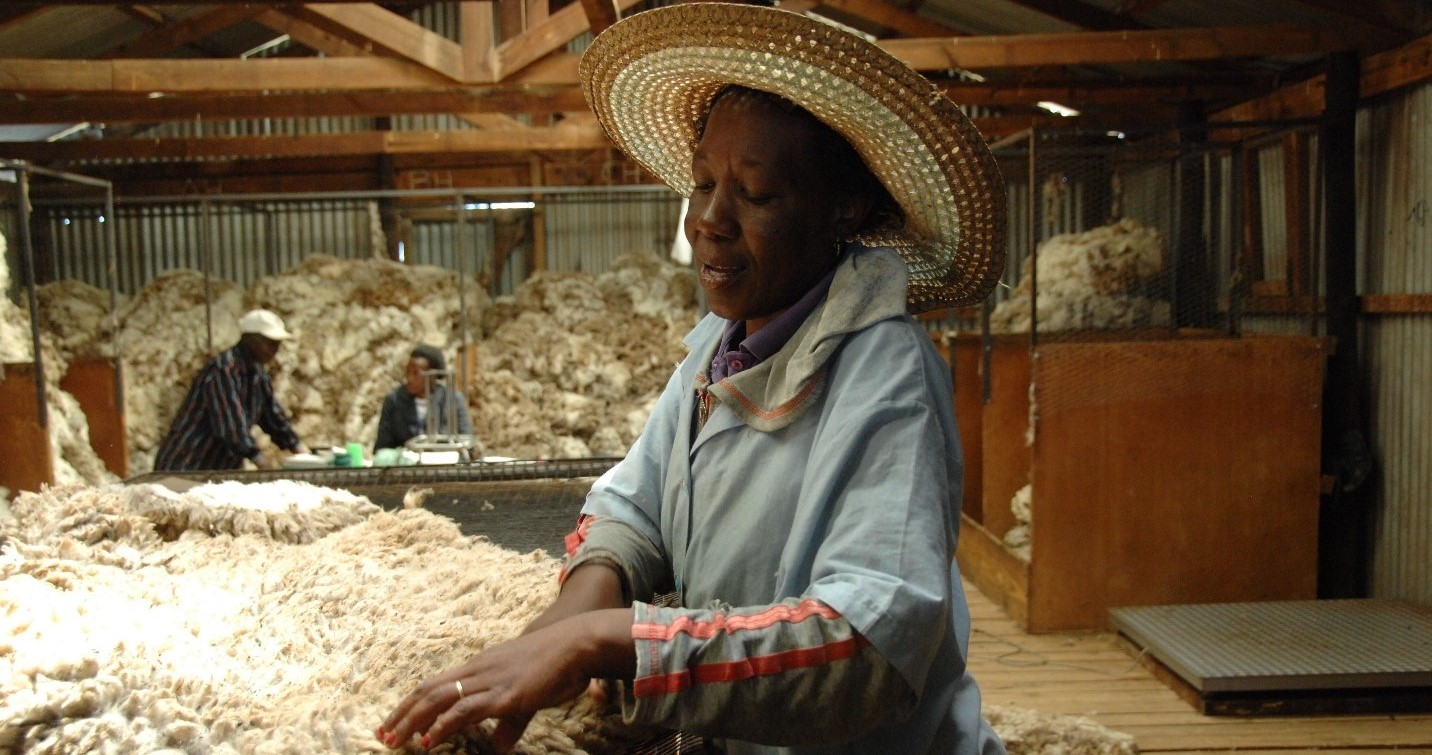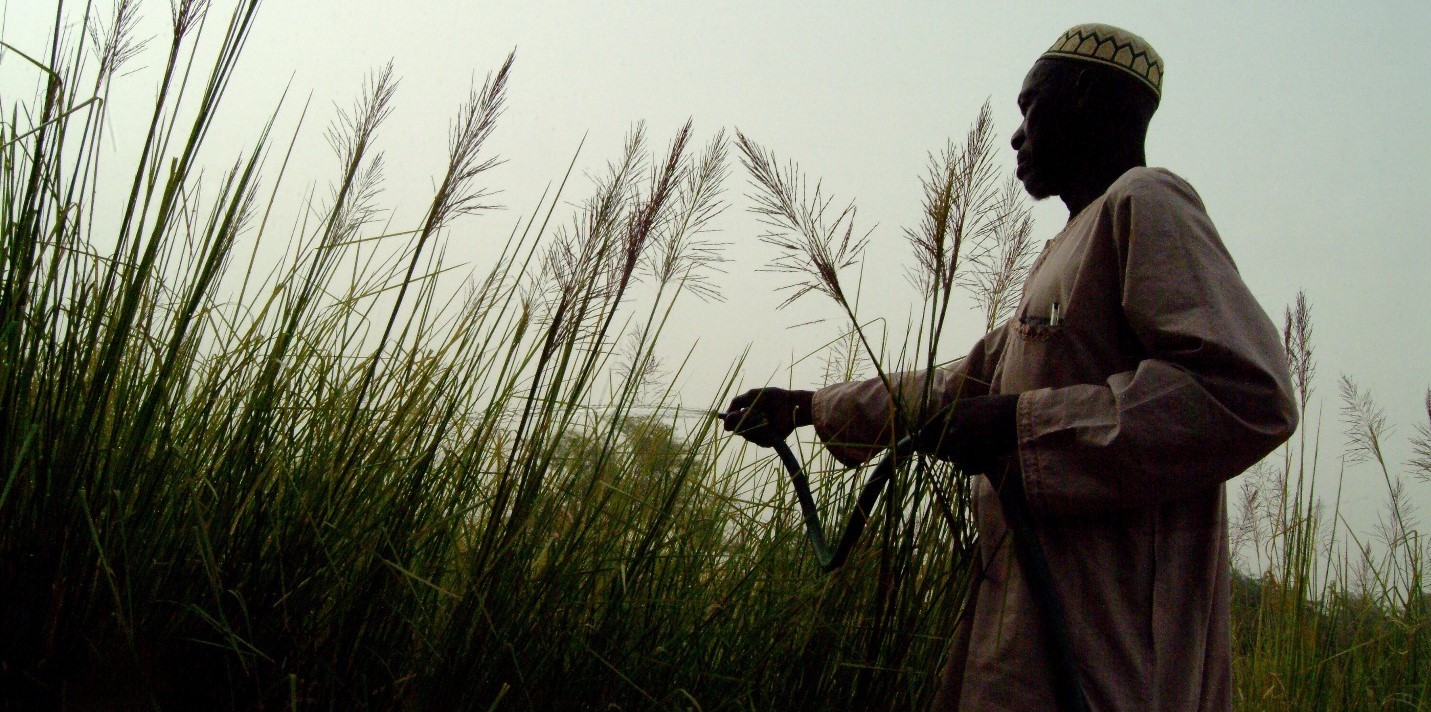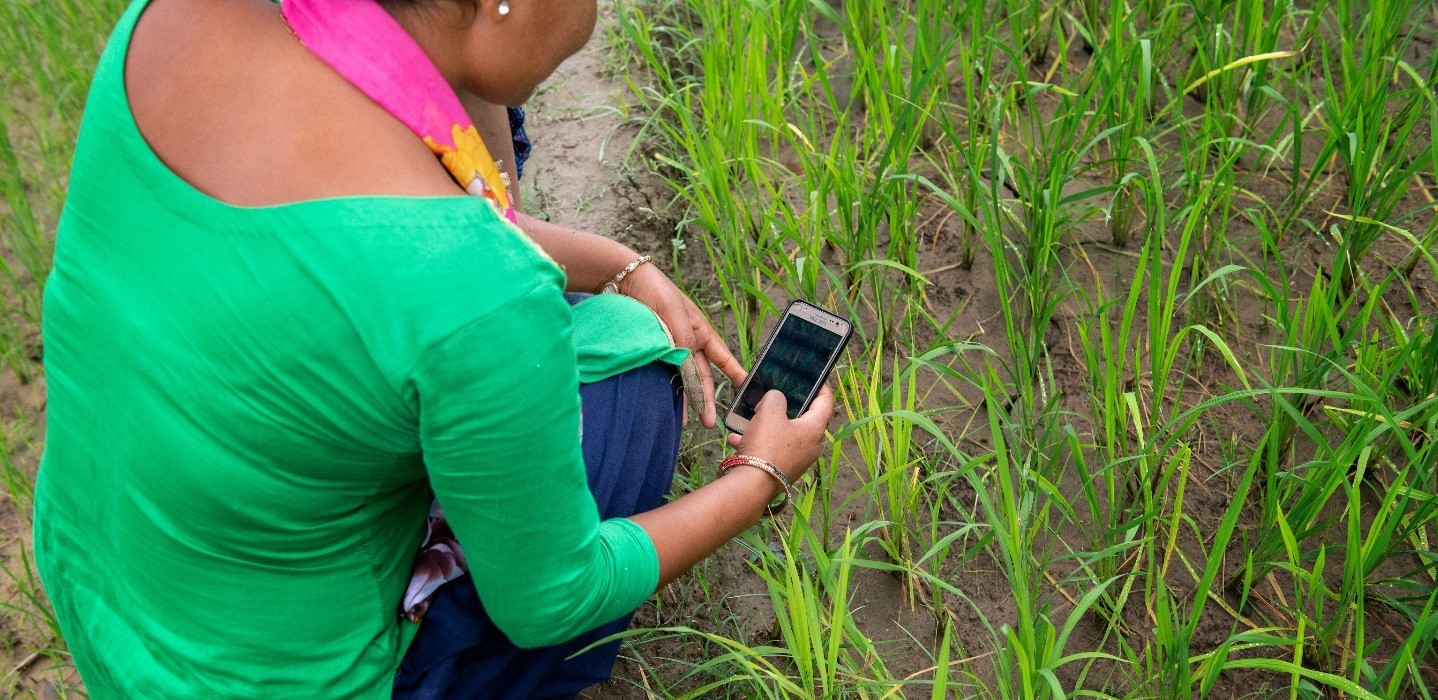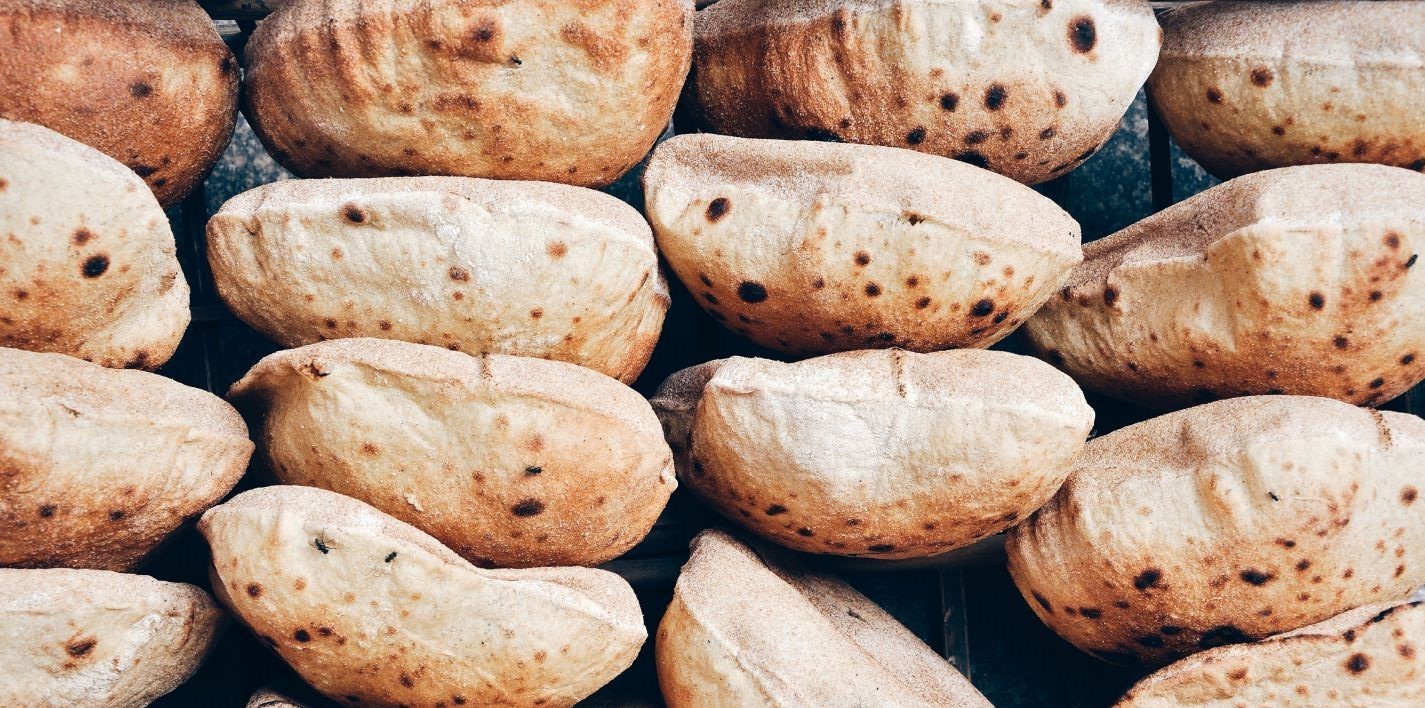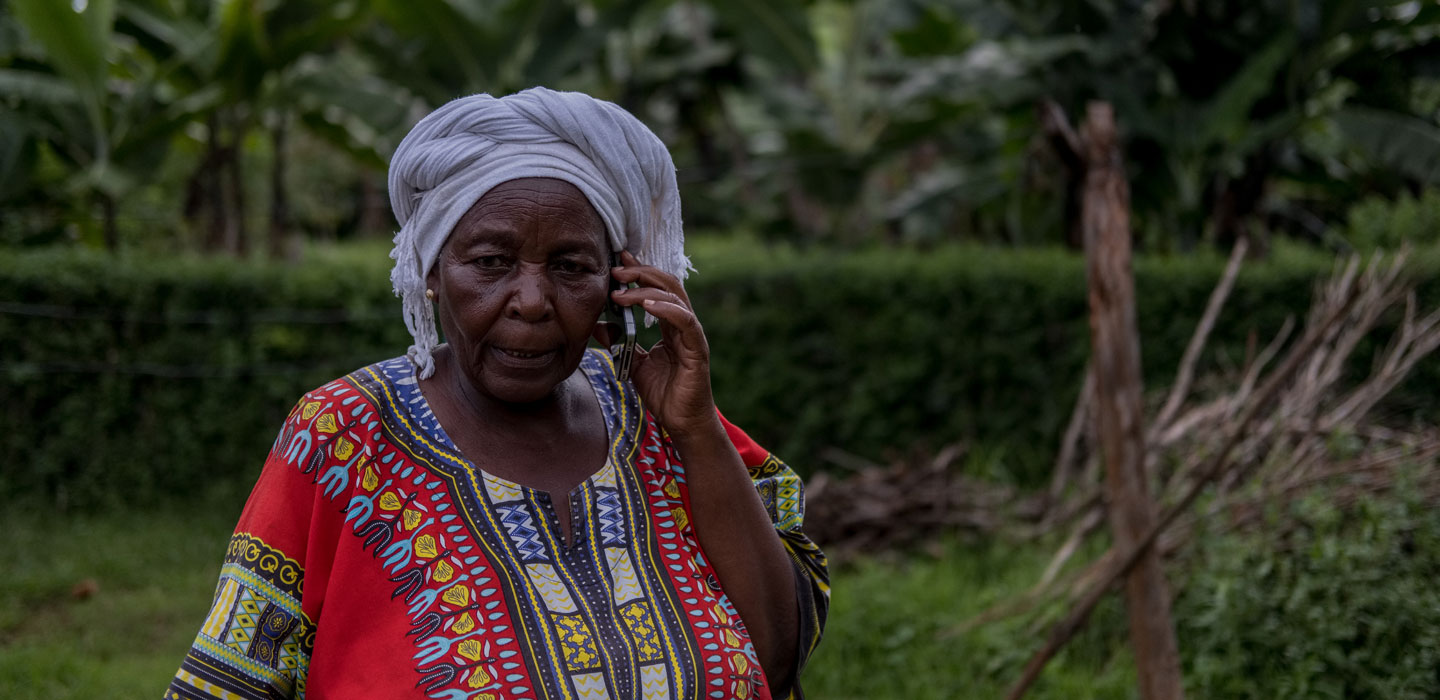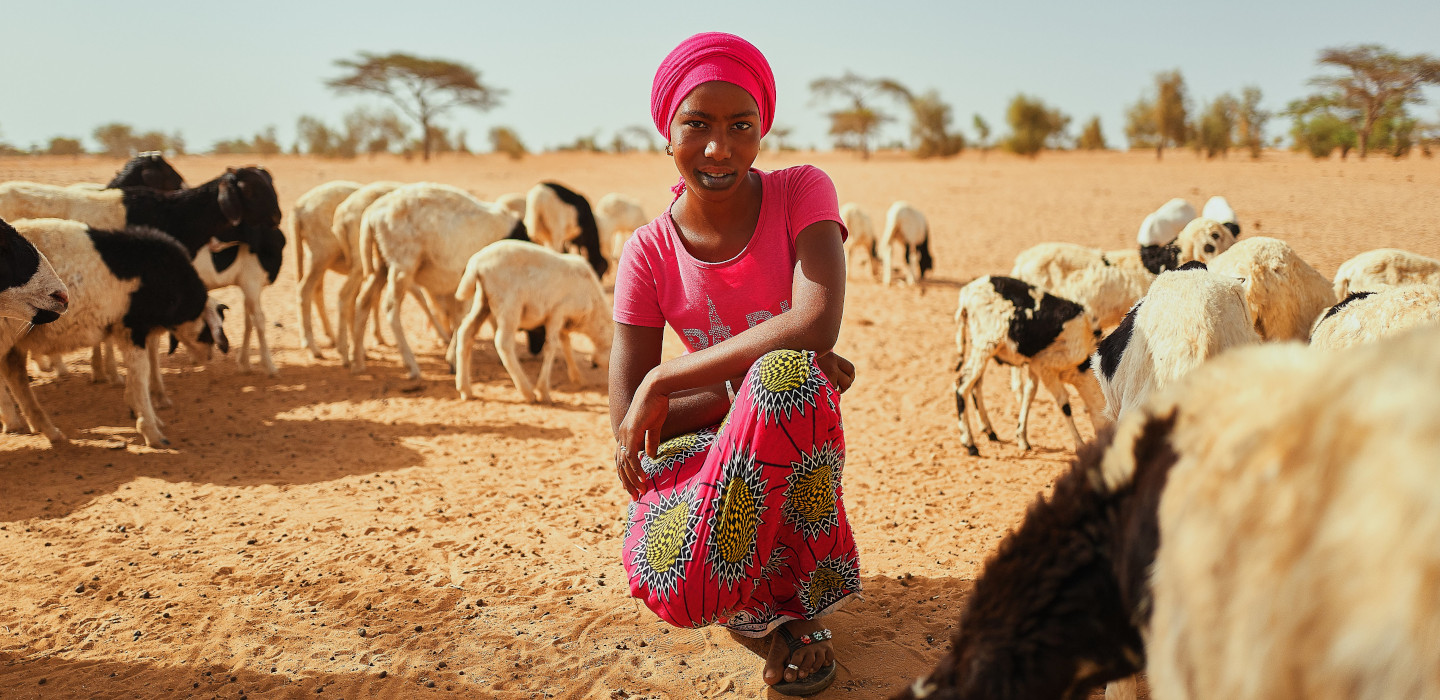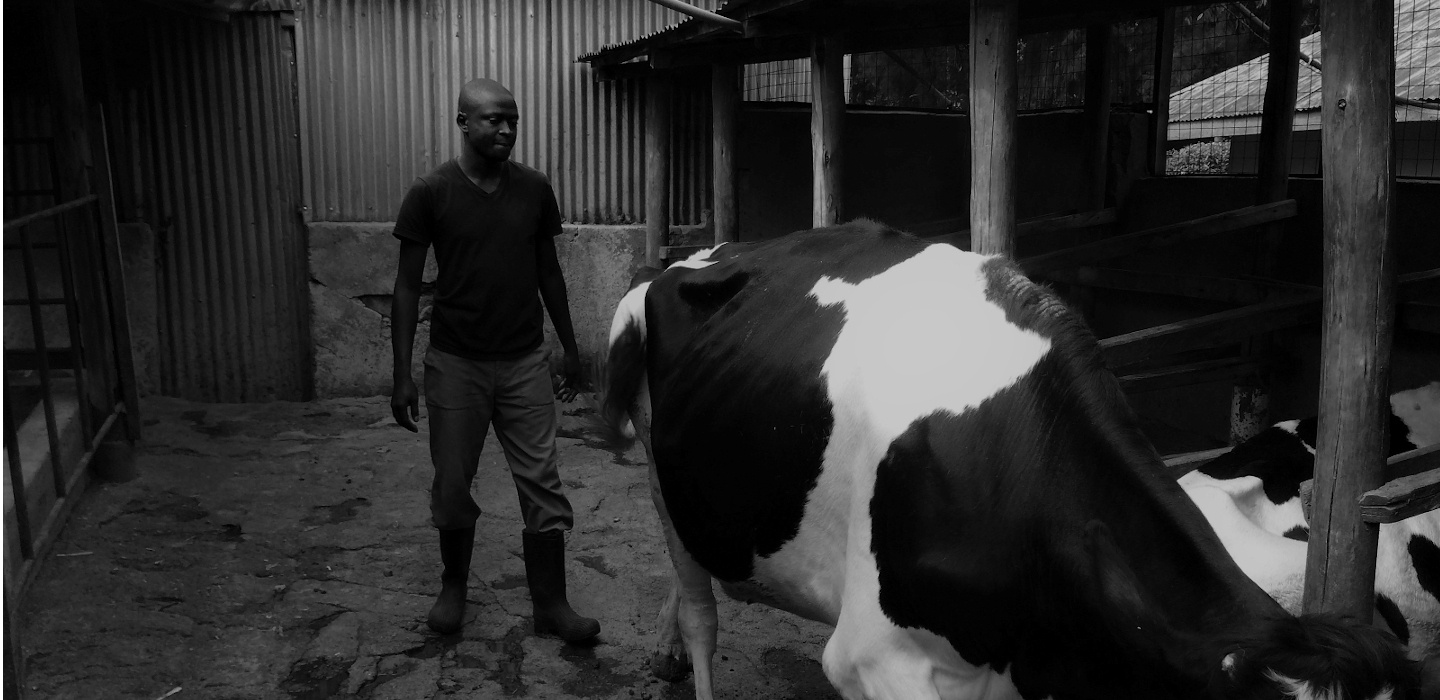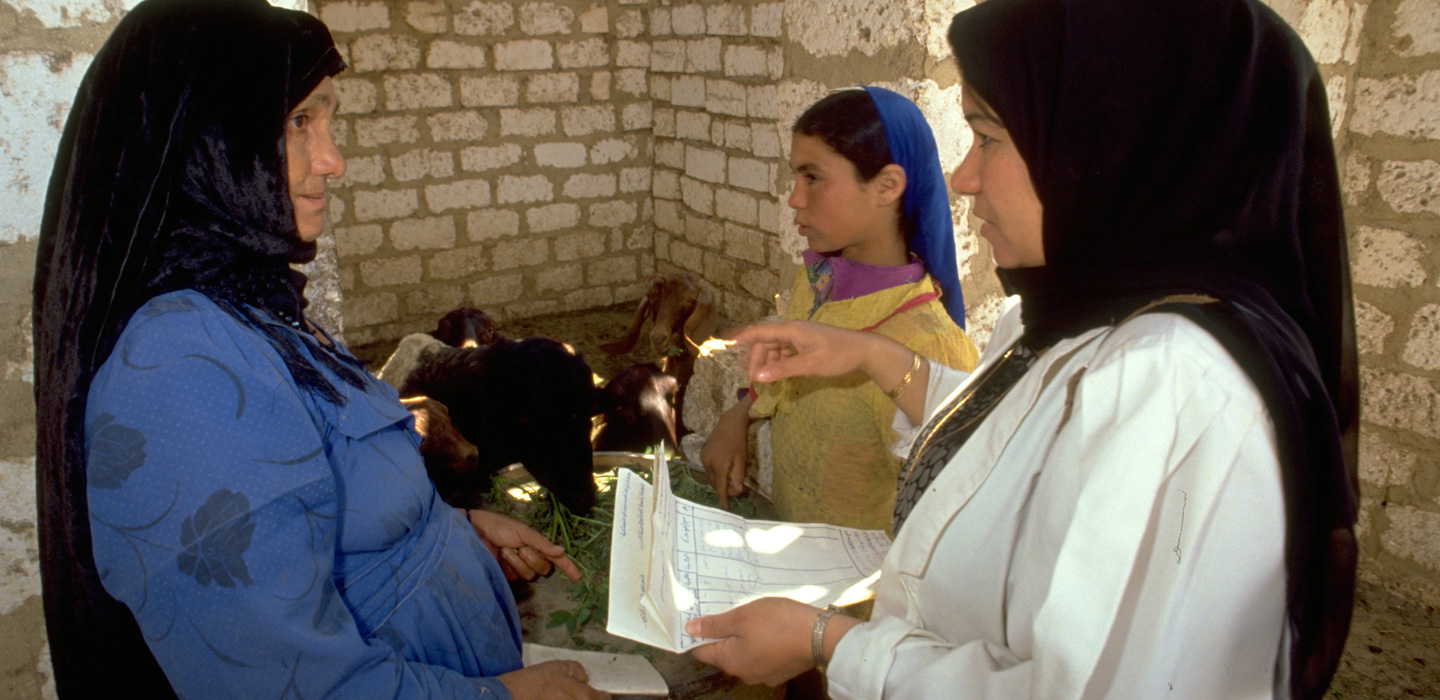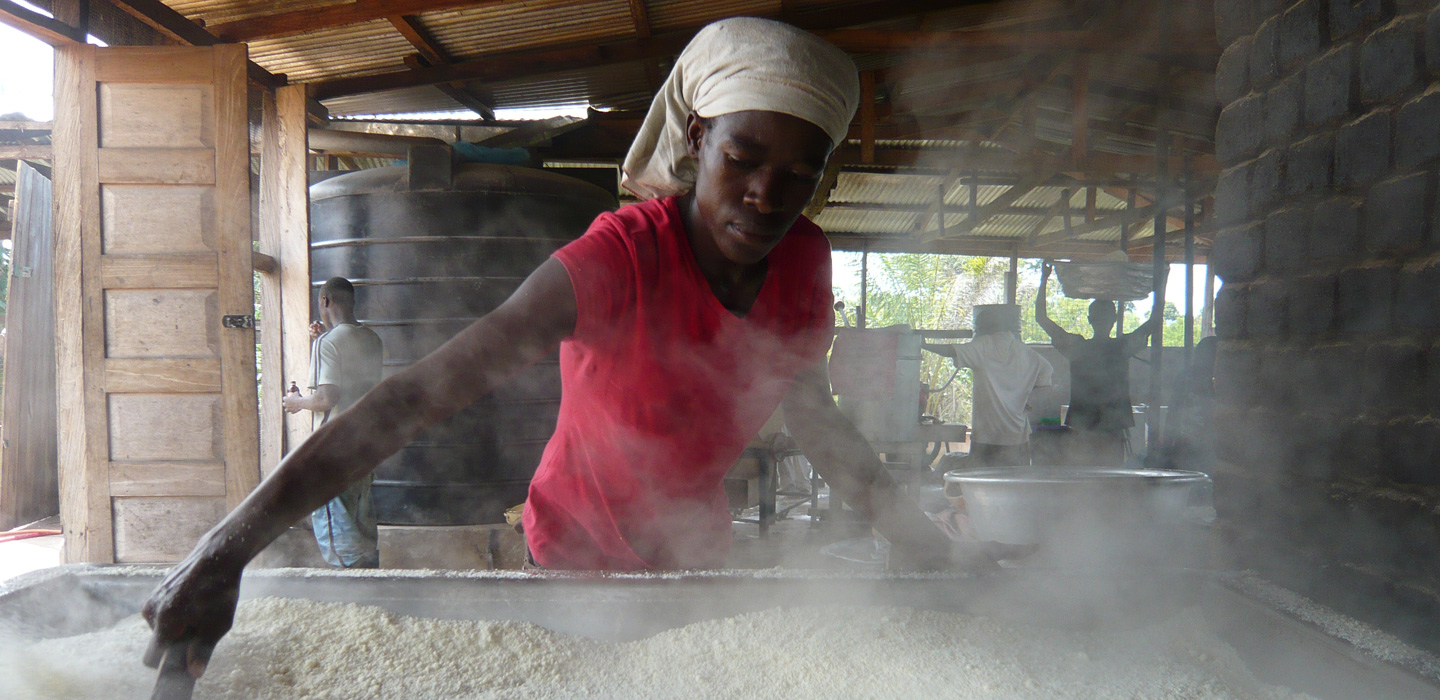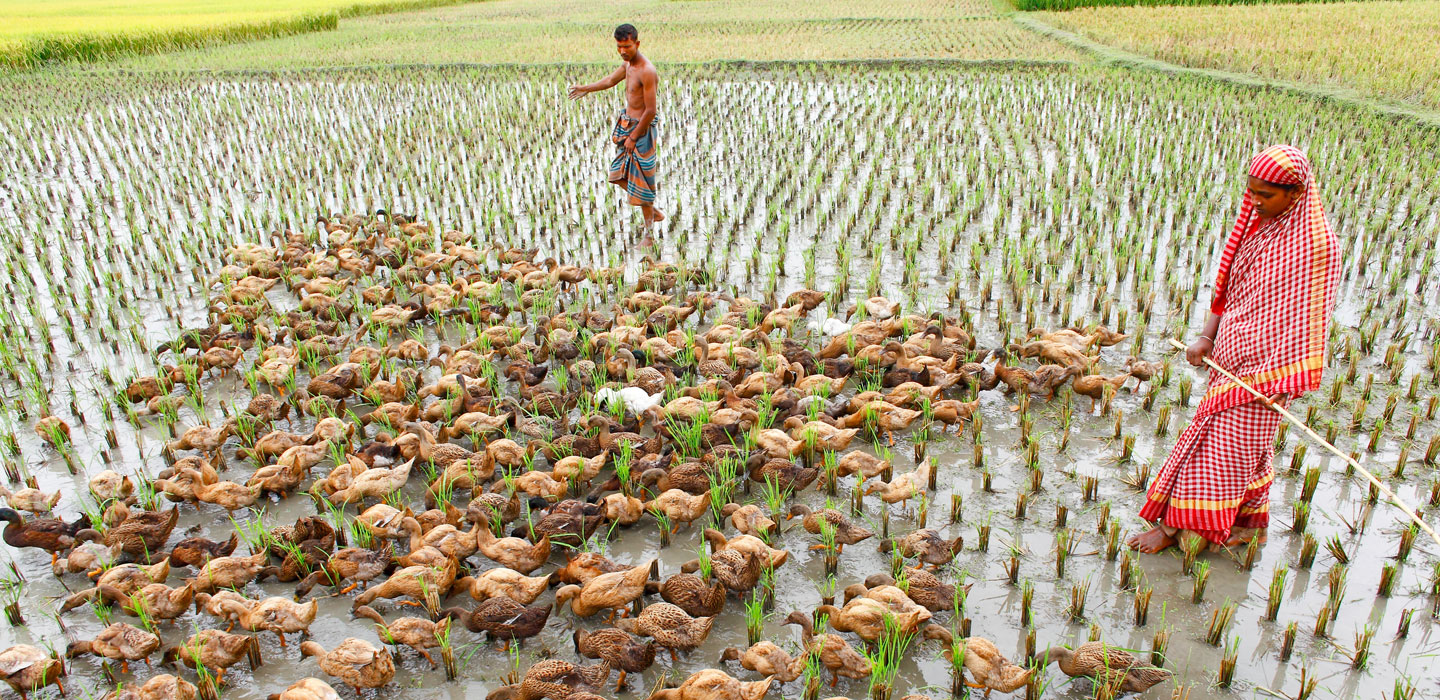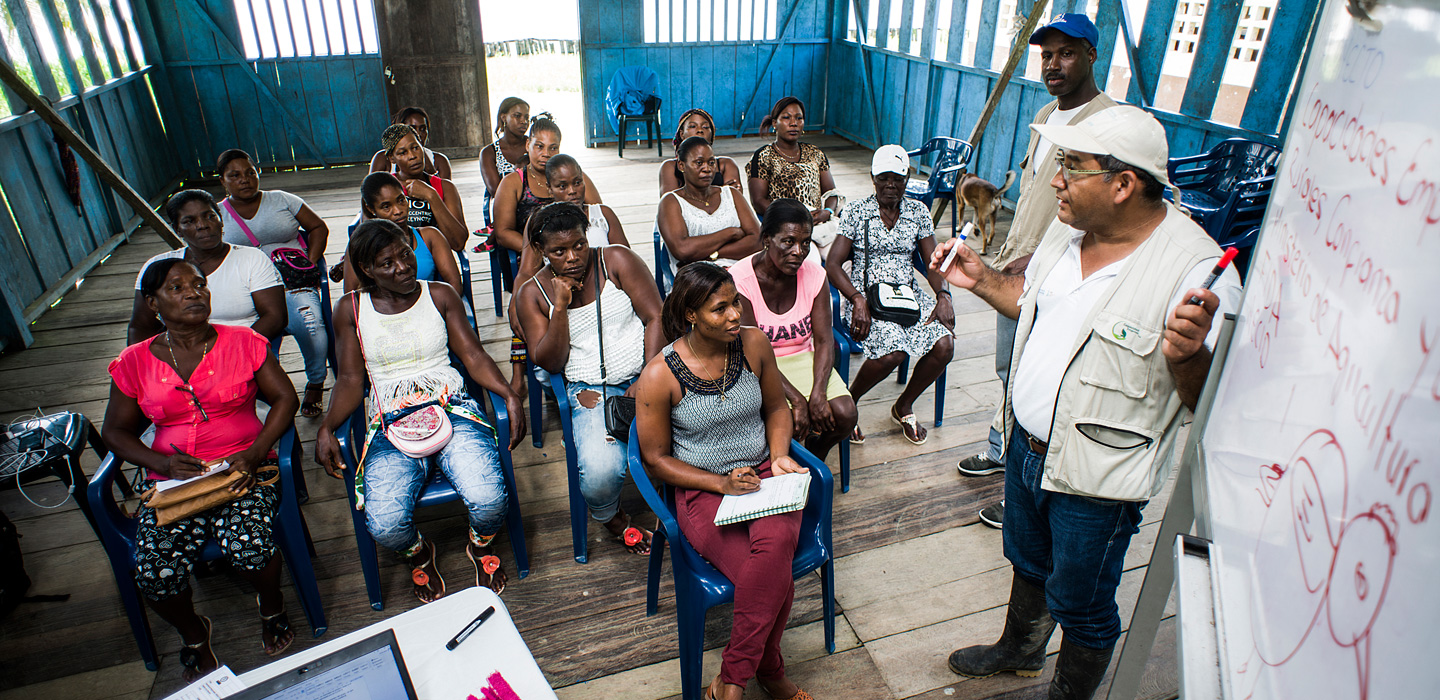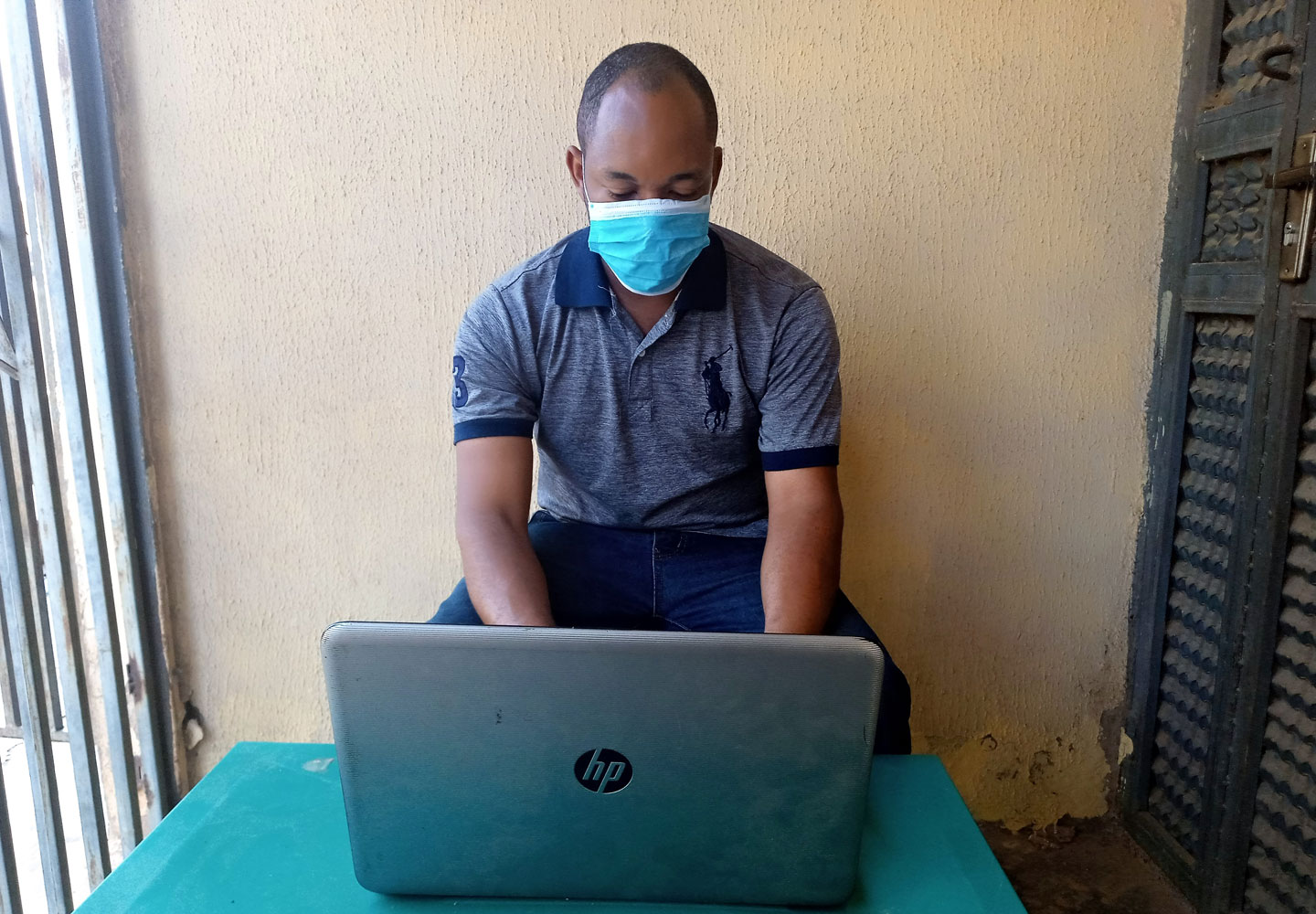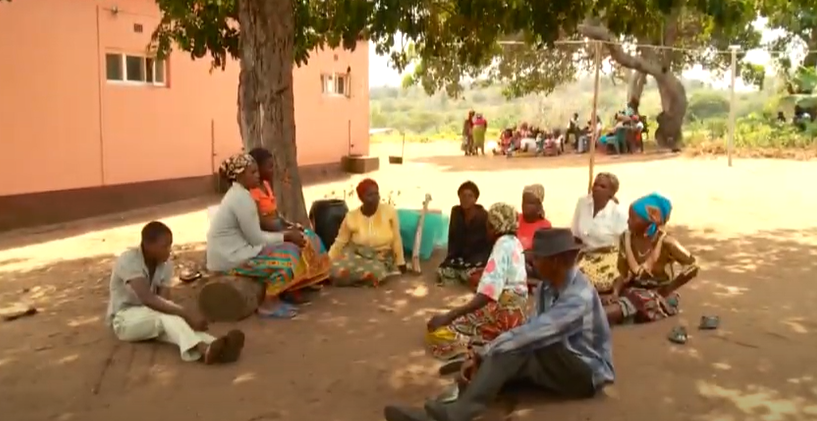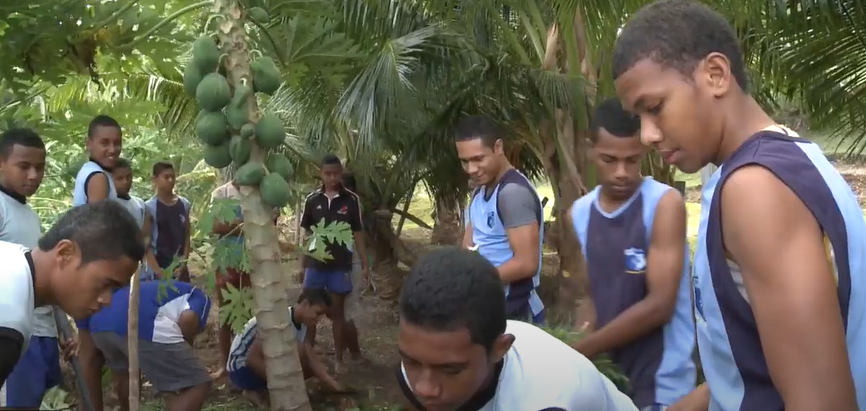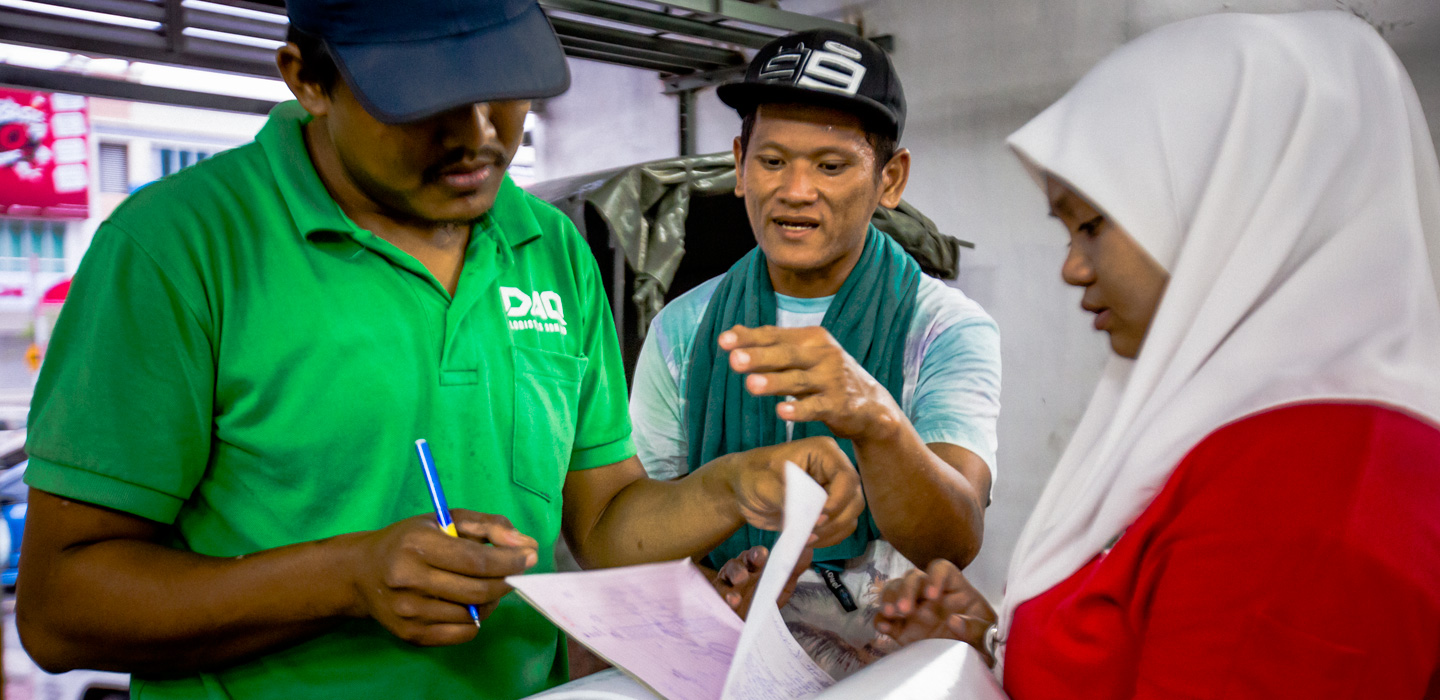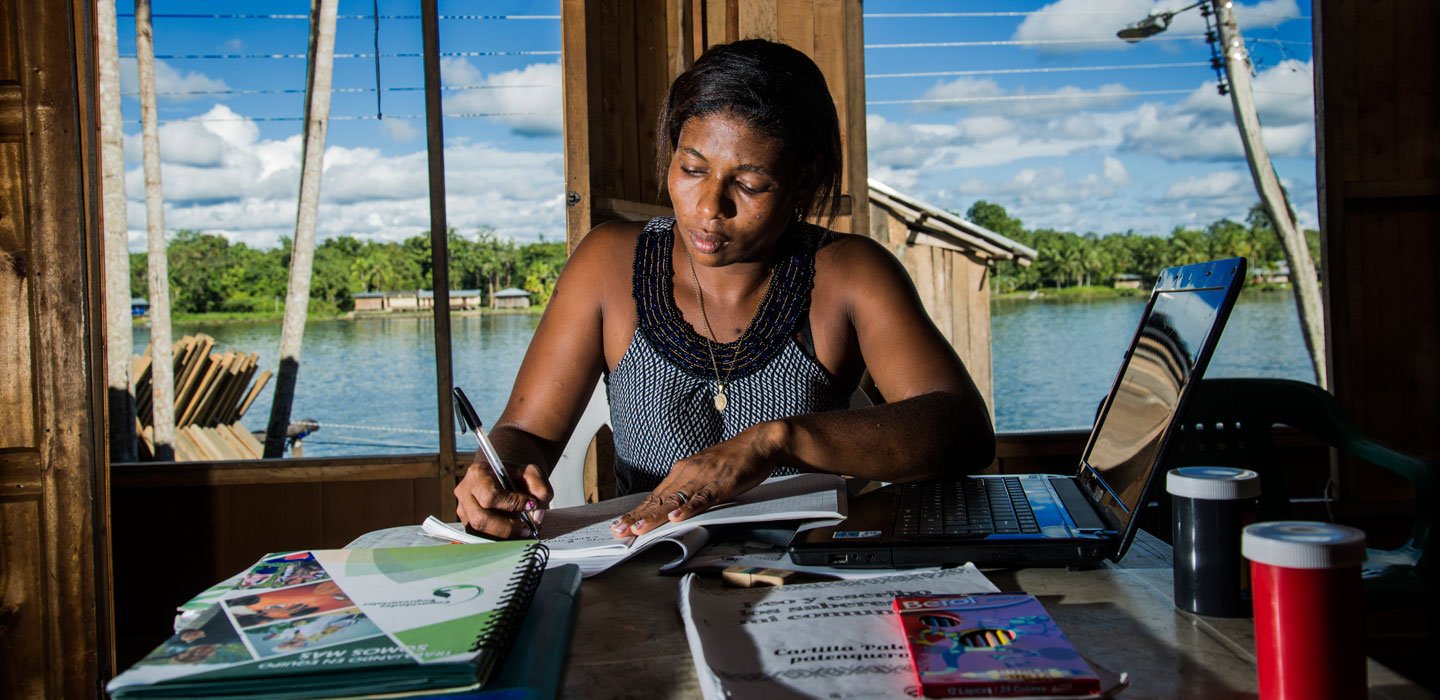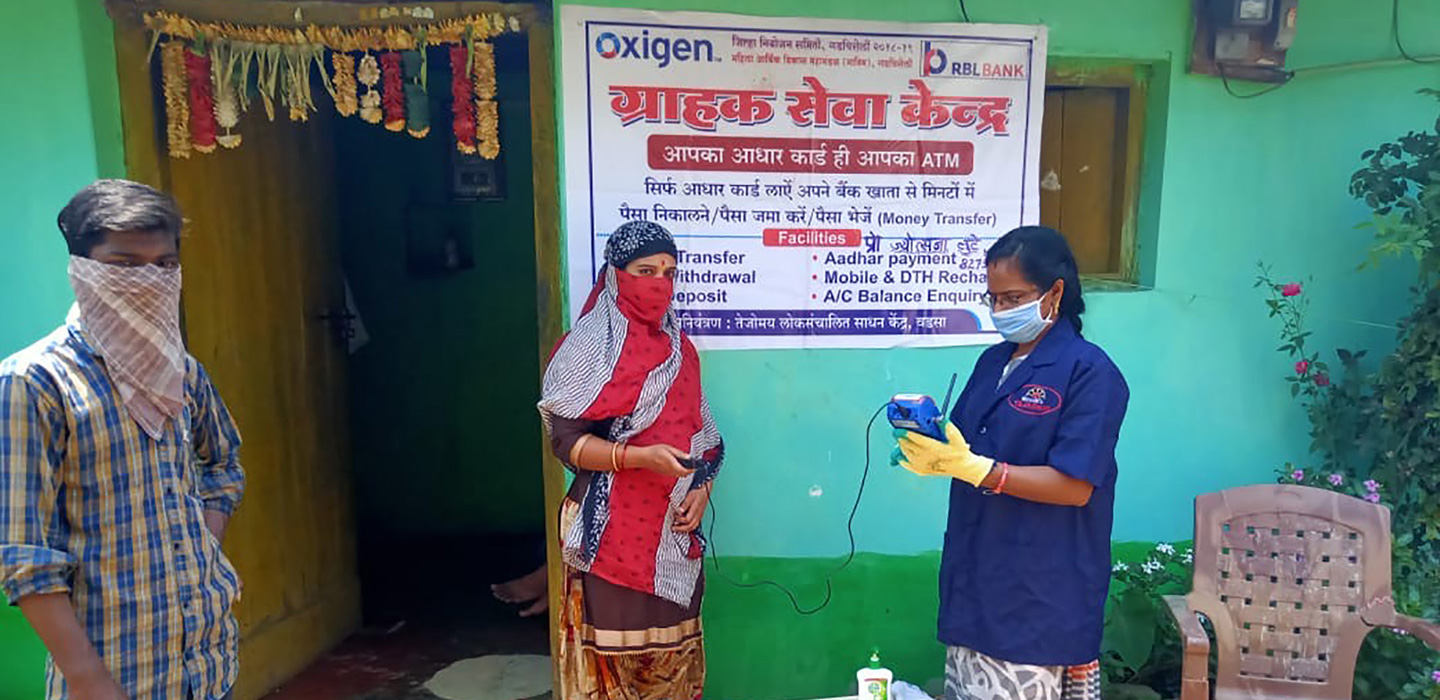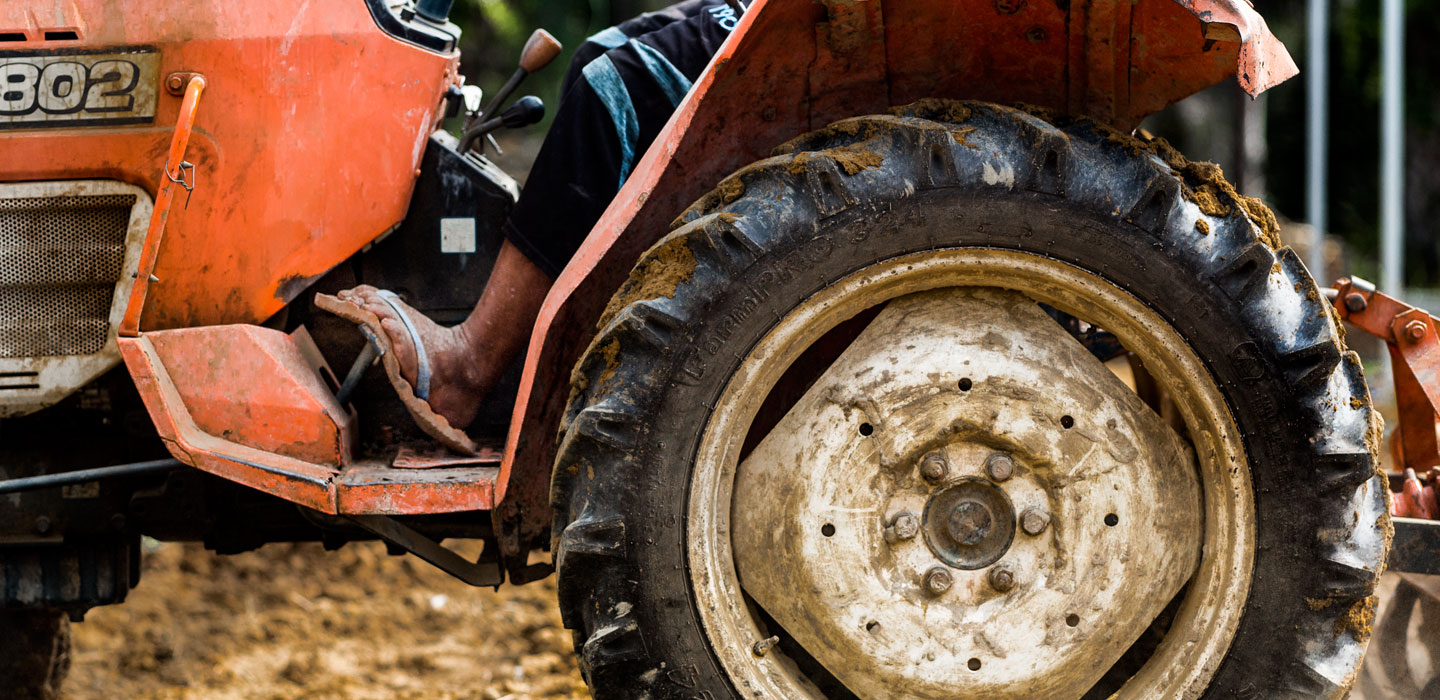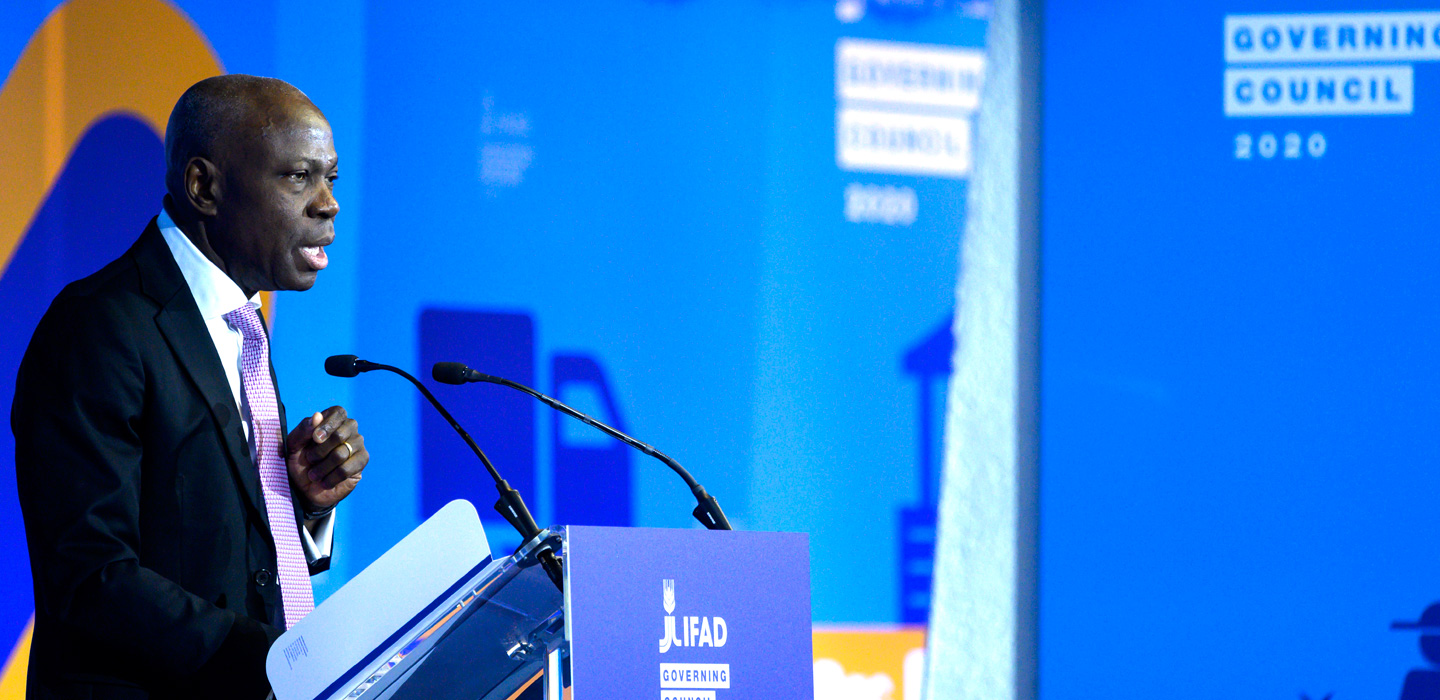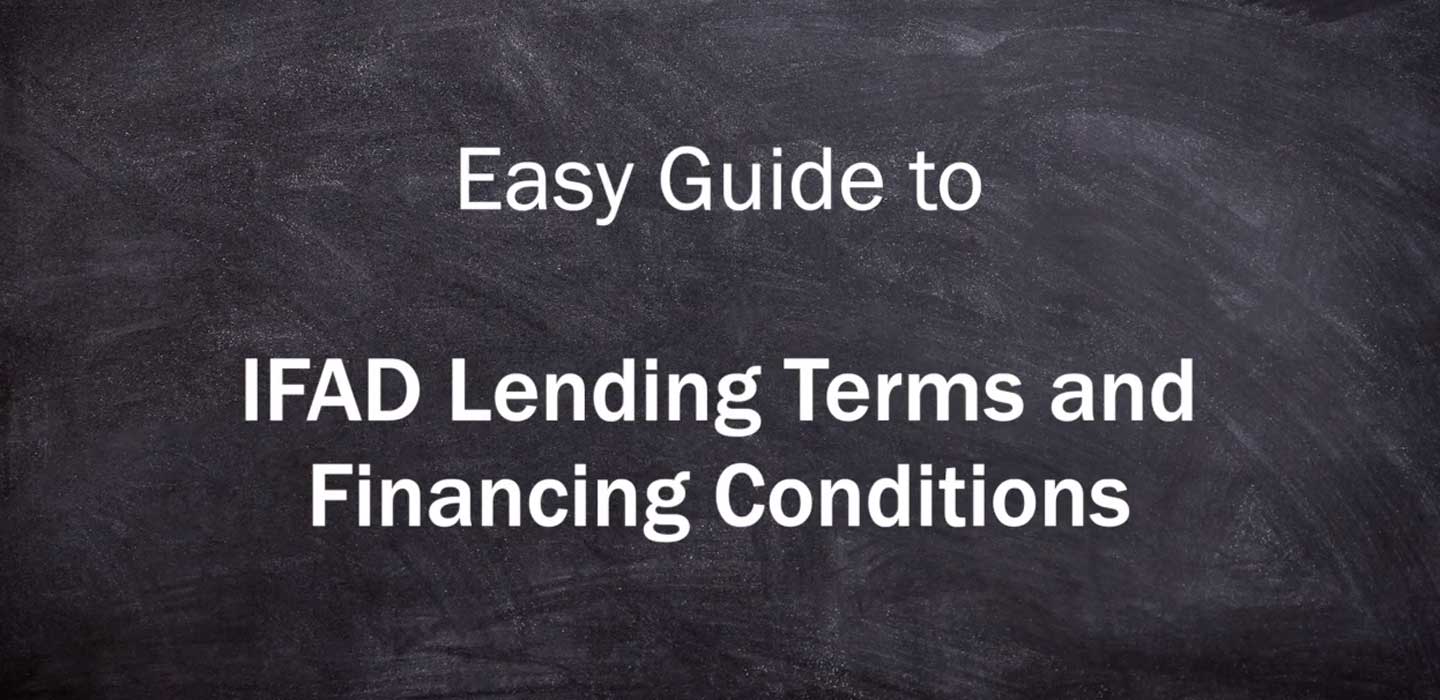Latest
Latest

Latest
Manual Submenu Topics
Search Results Filters
Search Results
In Mozambique, a boost to private sector finance is a boost to rural communities
Financial exclusion is acute in rural Mozambique, and women are disproportionately impacted. Closing the funding gap to catalyse private-sector investment in rural communities can make all the difference.
Twenty years on from the first Farmers’ Forum, four farming leaders weigh in
We asked four farmers’ organization leaders from around the world about current challenges, new developments and their hopes for the future at the eighth global meeting of the Famers’ Forum.
In rural China, greenhouses bring new life to the desert
Growing food is a challenge in the harsh desert landscape of northwestern China. But thanks to new greenhouses built by a local cooperative, this village is bursting with fruits, vegetables and mushrooms.
Why we celebrate international days: your questions answered
There’s an international day for nearly every global issue you can think of. Learn how they come into being, the key observances for rural people – and why they matter.
Why climate finance matters: Your questions answered
Climate finance is complicated, and we get a lot of questions about everything it entails. We’ve put together some answers to the ones we receive most often.
From subsistence to self-sufficiency: how women in Sudan are using savings and credit groups to build a better future
Climate change, commercial agribusiness, and societal norms threaten small-scale farmers’ way of life in a small village in Sudan. A women’s savings and credit group is changing this.
Grant-based development interventions are worth it. But how – and when?
Conventional wisdom has long held that giving grants to small-scale farmers produces temporary gains at best. But recently, our research into a grants-based intervention employed by PRICE, an IFAD-funded initiative in Rwanda, found benefits that have lasted for five years and counting.
As COP15 tackles desertification, here are three ways IFAD is helping farmers in sub-Saharan Africa build their resilience to climate change
Sub-Saharan Africa’s drylands – that is, the areas where more water is lost through evaporation than gained through rainfall – are facing widespread degradation. There are many factors causing this, but one of the most prominent is the use of agricultural practices that aren’t adapted to the land, such as overgrazing and intensive agriculture.
These numbers show that restoring drylands and preventing desertification is good for the planet – and good for us
From California to the Sahel, from the steppes of Central Asia to the Andes, drylands are some of the most productive ecosystems in the world. But they’re also some of the most fragile.
Tapping public policies and programmes to boost IFAD’s impact
In many countries, we have the opportunity to partner with public policies and programmes to deliver the services our project participants need. Although effective inter-institutional coordination is never simple, it is doable – and entirely worth the effort.
Why free, prior and informed consent is so important for indigenous peoples
At the heart of this year’s session of the UN Permanent Forum on Indigenous Issues is “free, prior and informed consent.” Quite a mouthful! But what does it really mean? And why does it matter?
The importance of food sovereignty for indigenous peoples: A conversation with Dr. Elifuraha Laltaika
Learn more about food sovereignty and what it means for indigenous peoples with Dr Elifuraha Laltaika, a professor of law and expert on indigenous peoples’ rights.
Indigenous peoples lead adaptation efforts through IFAD’s dedicated funding
Over the millennia, indigenous peoples have developed practices that honour the interconnectedness of people and nature – yet all too often, their contributions are overlooked and devalued. IFAD is committed to supporting indigenous peoples in overcoming poverty and meeting global challenges through building on their identities and cultures.
Building resilience in the Asia-Pacific region in uncertain times
Just as the shadow of COVID-19 was lifting from many parts of the world, new crises have arisen – and they’re a particularly difficult challenge for poor rural people in developing countries.
Meet some of the women leading sustainable development around the world
Sustainable development can only be achieved with the contributions of rural women, yet they face many challenges. Let’s meet three women who have transformed their lives with the help of the JP RWEE initiative.
IFAD and UN Women join hands for rural women’s empowerment in China
IFAD and UN Women were each working in rural China, helping women access new opportunities and gain an equal say in their communities. Then the two agencies decided to collaborate, opening up new ways to fulfil their respective mandates – rural development on one hand, and women’s empowerment on the other.
Promises kept: Crop insurance makes a difference for Kenya’s small-scale farmers
Farming can be a risky business indeed. Recently, some IFAD-supported initiatives have begun piloting crop insurance programmes for participating farmers – and for KCEP-CRAL farmers in Kenya, the new insurance policies arrived just in time.
From virtual reality to virtual field visits: How IFAD used technology to stay connected to the people we serve during COVID
Two years ago, COVID-19 closures forced us all apart – but the creative use of technology helped keep us together. Today, with tech giants promising to take all of us into the metaverse, IFAD is exploring how cutting-edge technology can help us see the world through each other’s eyes.
From Guatemala, to India, to the sun and back: indigenous women are securing a brighter future with solar power
Marta had never left her community before and was nervous to travel. Many told Carmelina not to go, saying India was too far and six months was too long to be away. But despite their concerns, the two women embarked on their journey, determined to bring electricity to their communities.
2021 Gender Awards: Five IFAD-supported projects transforming women’s roles in rural communities
Every year, we recognize a project from each of our regions that empowers rural women and girls. Here, we present the winners of the 2021 Gender Awards.
Using evidence from IFAD’s Impact Assessments to inform the design of new projects
To make sure we’re investing in what works and achieving maximum impact, we evaluated 17 of our project Impact Assessments to look for broader trends. The results have implications for everyone who works in rural development – from those on the ground to the donors who make this work possible.
An IFAD–Indonesia partnership advances the policy agenda on sustainable peatland management
Peatlands store twice as much carbon as all the world’s forests and are home to everything from orchids to orangutans – but today, these lands are in peril. A partnership between IFAD and Indonesia’s Ministry of Environment and Forestry is working to set a national policy agenda that will protect peatland ecosystems.
Public-private partnerships accelerate climate change adaptation in Viet Nam
In recent years, saline intrusion – the encroachment of seawater into fresh water sources – has become a serious threat to small-scale farmers in Viet Nam’s Mekong Delta. Thanks to a public-private partnership, a local technology company was able to collaborate with an IFAD-supported project to create a lasting solution.
Three ways IFAD can support digital agriculture in the Asia-Pacific region
Farmers and agribusinesses across the Asia-Pacific region are increasingly making use of new digital technologies. IFAD and Grow Asia have recently released a report exploring how these technologies are reshaping the region’s agriculture and how IFAD’s investments can accelerate the adoption of these technologies.
Finding a way forward: Sector reforms in Lesotho’s wool and mohair industry
Lesotho’s efforts to nationalize its wool and mohair industry set off a cascade of unintended consequences. At the government’s request, IFAD and the WAMPP project commissioned a study to analyze the impacts of these regulations and inform future policy revisions.
Building a Great Green Wall: Four lessons learned from the World Bank assessment
Helping the people of the Sahel prosper requires a Great Green Wall stretching across Africa. IFAD is embarking on a series of projects to help build this “wall.” We recently sat down with the World Bank to learn from their successes and challenges across a decade of their own project implementations in this region.
Taking stock of IFAD’s digital agriculture efforts in the Asia-Pacific region
Digital agriculture is an indispensable part of strengthening food systems. IFAD’s recent stocktake of our ICT interventions in the Asia-Pacific region has revealed over 50 active solutions and some critical gaps to address.
The community bakery empowering Egypt’s rural women
In a country where artisanal bread is the rule rather than the exception, the Qena community bakery stands out among the rest – and it’s run entirely by rural women.
Digital information service helps small-scale farmers respond to COVID-19
The Kenya National Farmers’ Federation is implementing a mobile information platform to serve its members and other Kenyan farmers.
Agricultural risk management: Towards long-term resilience
Risk and uncertainty intensify in the agriculture sector – especially throughout Africa.
Green jobs for youth: What works and what’s missing?
Rural young people are increasingly concerned about the environment. Many of them work in sectors that are threatened by climate change, and they’re well aware that their industry and food systems will need to become more resilient and sustainable than ever before.
Opportunities for policy engagement in NEN and beyond
All too often, the path to sustainable development is blocked by outdated policies and legislation.
Results-based financing: A potential game-changer for IFAD's future operations
IFAD is always exploring new lending instruments to increase the number of potential financial solutions it can offer.
Rome-based agencies establish SSTC collaboration to benefit cassava production in the Congo
In dozens of homes across Bouenza, the volunteers gathered around their kitchen tables, ready to taste-test a new variety of flour.
On the UN’s 75th anniversary, IFAD joins the call for greater global cooperation and solidarity
This year marks the 75th anniversary of the United Nations, an organization whose commitment is to bring nations together to preserve peace and security and improve lives. IFAD is symbolic of that commitment.
Maximizing impact in the LAC region with SSTC and knowledge management
Although the residents of the global South may live worlds apart from each other, they often face a surprisingly similar set of challenges.
Maintaining critical extension services for smallholders during COVID-19
Agricultural extension services play a fundamental role in building producers’ capacities to maintain good agricultural practices.
Zainab Semgalawe talks about rural institutions
Zainab Semgalawe, lead regional technical specialist, talks about rural institutions
Tom Mwangi Anyonge talks about youth
Tom Mwangi Anyonge, lead technical specialist at IFAD , talks about youth, rural development and institutions.
Five ways organizations can help countries build agile and inclusive responses to COVID-19
How can we enhance local capacity to respond to this emergency in an agile and inclusive manner?
No ordinary solution: Afro-Colombian ingenuity in the fight against COVID-19
The story of the Afro-Colombian community has always been one of resilience. Historically, this group has faced the country’s highest rates of poverty and food insecurity, and has lacked access to many basic services.
Collaborating in a time of crisis: Three early takeaways from the COVID-19 response in India
The tremendous progress in reducing poverty made by India over the past 25 years could now be reversed because of the unprecedented emergency facing all of us – the COVID-19 pandemic.
Rethinking government support to farmers
It is becoming increasingly clear that the ways in which we produce, market and consume food need to be reconciled with environmental, economic and social sustainability.
Urgent call for increased investment in rural development to address rising conflict
Government and development leaders today made an urgent call for greater investment in rural development to address hunger and poverty caused by conflict and climate change.
World leaders and celebrities call for greater investment to end hunger and poverty
Heads of state, ministers, development leaders, and celebrities today called for greater investment in rural areas to accelerate progress to achieve a world free from poverty and hunger in the next 10 years.
Guide to finding IFAD financial data
IFAD is the only IFI with the specific mandate to eradicate poverty and hunger by investing in poor rural people through financial and technical assistance to agriculture and rural development projects in developing member states.
